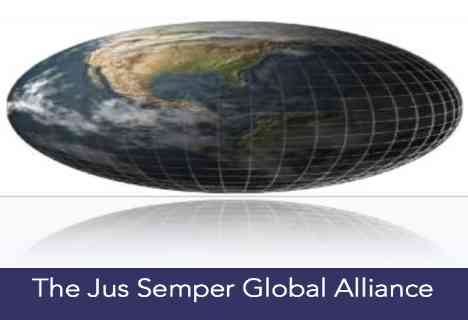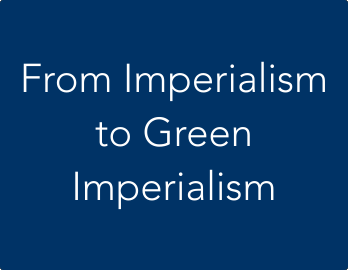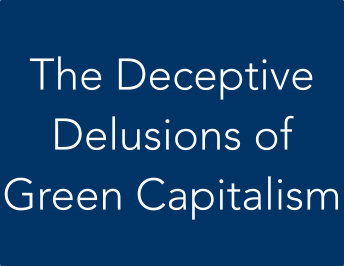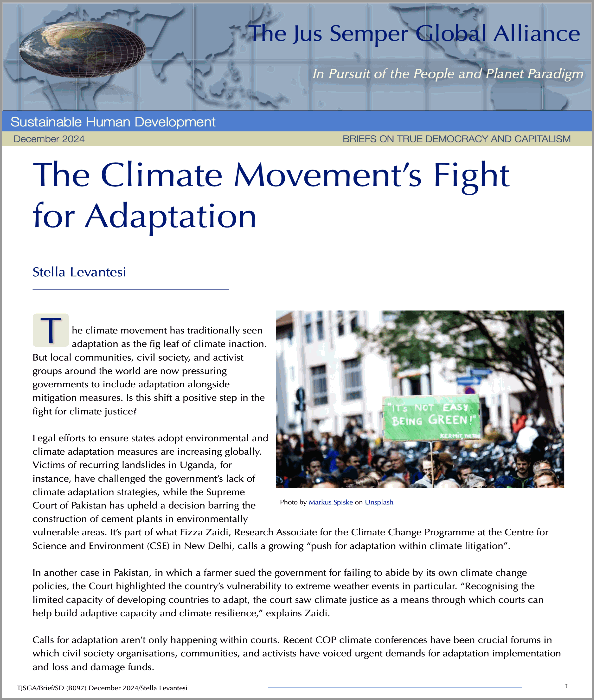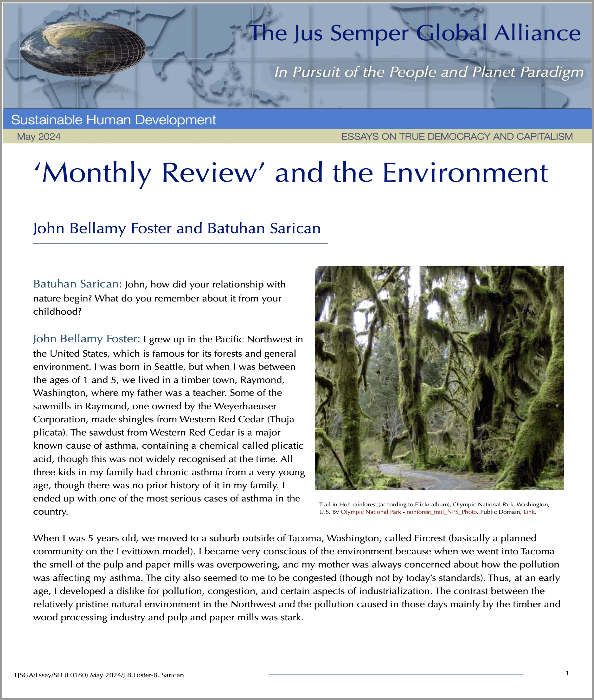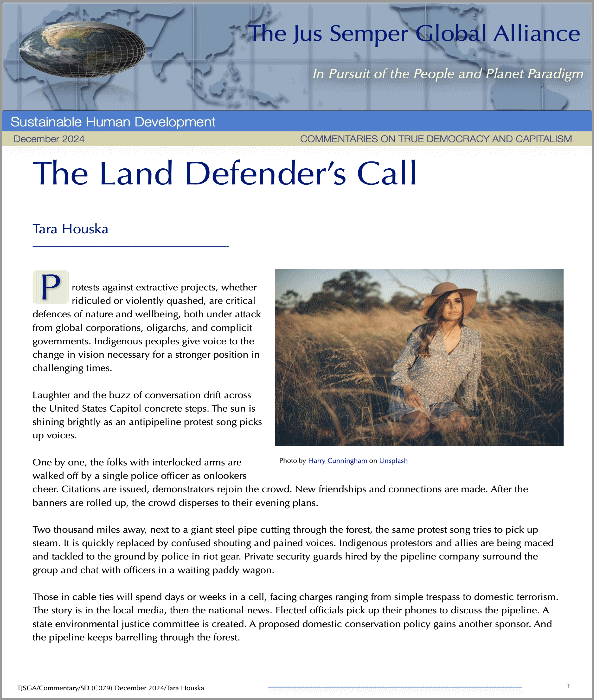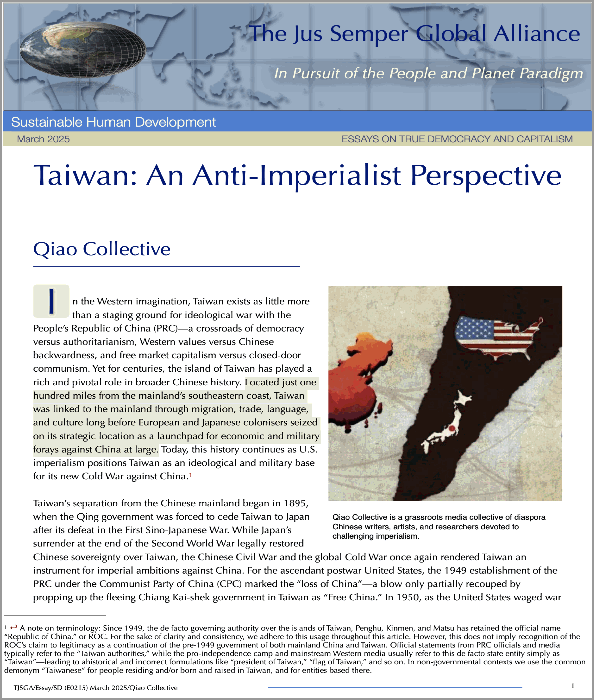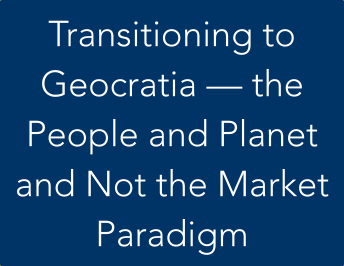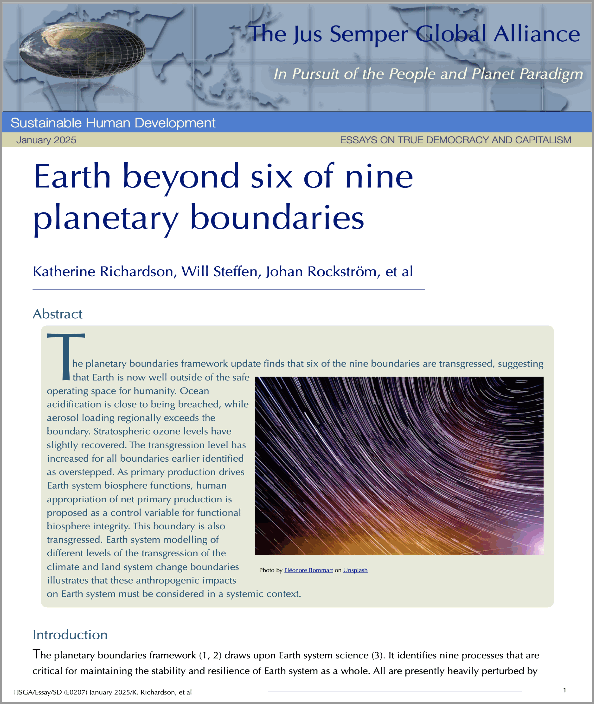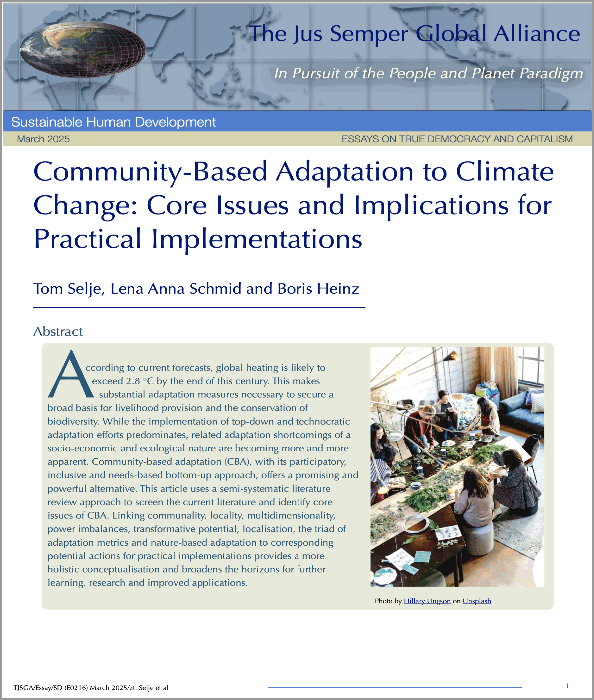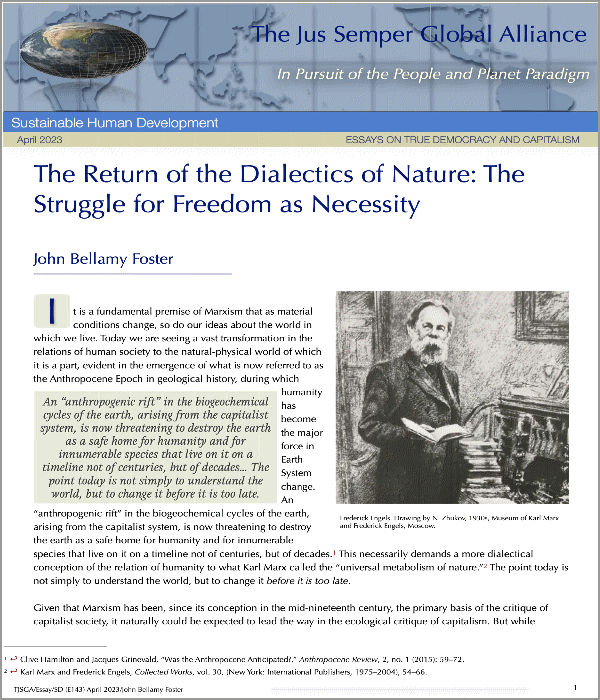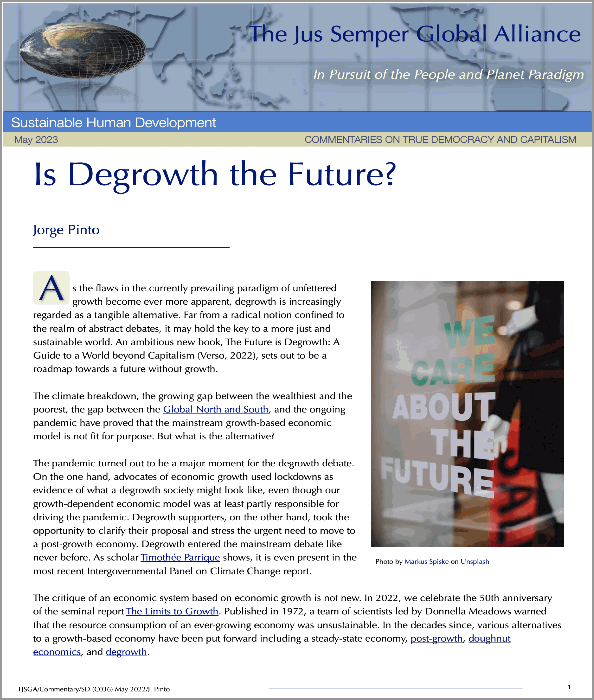Transitioning to Geocratia — the People and Planet and Not the Market Paradigm — First StepsParting from the fact that saving Planet Earth, our home, changes everything, we need to build a new ethos where the majority of humankind commits to a system whose only purpose is the pursuit of the welfare of people and Planet Earth. This requires that all Earth resources necessary for the enjoyment of life of all living things be managed to achieve true long-term sustainability. — Álvaro J. de Regil The Unbearable Unawareness of our Ecological Existential CrisisOver the past two years, the full report on Climate Change Mitigation by IPCC scientists, as well as research from other centres such as the Stockholm Resilience Centre, has consistently confirmed that we are on a doomsday trajectory. Unless we move rapidly in the opposite direction, the chances that we will face planetary catastrophes that seriously threaten the existence of life on our planet in the next twenty years are realistic and probable. Unsustainable capitalism keeps us deluded and largely unaware that we are on the brink of a serious existential risk. Therefore the great challenge is to provoke the awareness and critical thinking of ordinary citizens. Only a Citixens Revolution can stop our demise, but capitalism’s behemoth keeps people deceitful and mostly unaware of being on the verge of a catastrophic end. We must arouse Now! –– Álvaro J. de Regil Earth beyond six of nine planetary boundariesThe update of the planetary boundaries framework reveals that six of the nine boundaries have been transgressed, suggesting that the Earth is now outside the safe operating space for humanity. Ocean acidification is about to be exceeded, while aerosol loading exceeds the limit regionally. Stratospheric ozone levels have recovered slightly. The transgression level has increased for all boundaries previously identified as exceeded. Given that primary production drives the biosphere functions of the Earth system, human appropriation of net primary production is proposed as a control variable for the functional integrity of the biosphere. This boundary has also been transgressed. Modeling the Earth system with different levels of transgression of climate change and Earth system boundaries illustrates that these anthropogenic impacts on the Earth system must be considered in a systemic context. —Katherine Richardson et al Controversial Demographic Projections Under Climate Collapse in 2050 - South and Mesoamerica in a Global ContextThe corporate sector is building another aggressive re-engineering of global agrifood systems in South America and Mesoamerica. The region represents a pillar for global food security, warns the UN in the New Mission. Capitalist euphoria assumes 10 billion inhabitants by 2050. This is forging higher agricultural productivity, innovation, digitalisation and the expansion of standardised agriculture. Thus, they produce and market food destined for populations with some or enough consumption capacity, overconsumption and waste of food with equivalent carbon footprints. –– Nubia Barrera Silva The pressing priority of saving the AmazoniaThe world's most biodiverse region is threatened by deforestation levels close to the point of no return. Despite this, the countries involved failed to reach agreements at the last summit in Brazil in August. –– David Roca Basadre Safe and Just Earth System BoundariesHumanity is well into the Anthropocene, the proposed new geological epoch where human pressures have put the Earth system on a trajectory moving rapidly away from the stable Holocene state of the past 12,000 years, which is the only state of the Earth system we have evidence of being able to support the world as we know it. Seven of eight globally quantified safe and just Earth System Boundaries (ESB) and at least two regional safe and just ESBs in over half of global land area are already exceeded. We propose that our assessment provides a quantitative foundation for safeguarding the global commons for all people now and into the future. — Johan Rockström et al ‘The energy transition has not yet begun’Interview with Jean-Baptiste Fressoz (France, 1977), historian of science, technology, and the environment, and professor at the School for Advanced Studies in the Social Sciences in Paris. He has just published Without Transition: A New History of Energy (Seuil), which will be translated and published in Spanish by Arpa. He is also the co-author, with Christophe Bonneuil, of The Anthropocene Event: The Earth, History, and Us (Points Histoire) and The Joyful Apocalypse: A History of Technological Risk (Seuil). —Hervé Kempf Community-Based Adaptation to Climate Change: Core Issues and Implications for Practical ImplementationsAccording to current forecasts, global heating is likely to exceed 2.8 °C by the end of this century. This makes substantial adaptation measures necessary to secure a broad basis for livelihood provision and the conservation of biodiversity. While the implementation of top-down and technocratic adaptation efforts predominates, related adaptation shortcomings of a socio-economic and ecological nature are becoming more and more apparent. Community-based adaptation (CBA), with its participatory, inclusive and needs-based bottom-up approach, offers a promising and powerful alternative. This article uses a semi-systematic literature review approach to screen the current literature and identify core issues of CBA. ––Tom Selje et al Capitalism and Extreme Poverty: A Global Analysis of Real Wages, Human Height, Mortality Since the Long 16th CenturyThis paper assesses claims that, prior to the 19th century, around 90% of the human population lived in extreme poverty (defined as the inability to access essential goods), and that global human welfare only began to improve with the rise of capitalism. The rise of capitalism caused a dramatic deterioration of human welfare. In all regions studied here, incorporation into the capitalist world-system was associated with a decline in wages to below subsistence, a deterioration in human stature, and an upturn in premature mortality. –– Dylan Sullivan and Jason Hickel Marine plastic pollution as a planetary boundary threat – The drifting piece in the sustainability puzzleThe exponential increase in the use of plastic in modern society and the inadequate management of the resulting waste have led to its accumulation in the marine environment. There is increasing evidence of numerous mechanisms by which marine plastic pollution is causing effects across successive levels of biological organisation. This will unavoidably impact ecological communities and ecosystem functions. –– Patricia Villarrubia-Gómez, Sarah E. Cornell, Joan Fabres Post-growth: the science of wellbeing within planetary boundariesThere are increasing concerns that continued economic growth in high-income countries might not be environmentally sustainable, socially beneficial, or economically achievable. In this Review, we explore the rapidly advancing field of post-growth research, which has evolved in response to these concerns. The central idea of post-growth is to replace the goal of increasing GDP with the goal of improving human wellbeing within planetary boundaries. Key advances discussed in this Review include: the development of ecological macroeconomic models that test policies for managing without growth; understanding and reducing the growth dependencies that tie social welfare to increasing GDP in the current economy; and characterising the policies and provisioning systems that would allow resource use to be reduced while improving human wellbeing. —Giorgos Kallis et al Impact of Climate Change on Biodiversity and Implications for Nature-Based SolutionsThe Intergovernmental Panel on Climate Change (IPCC) provides regular scientific assessments on climate change, its implications, and potential future risks based on estimated energy matrixes and policy pathways. The aim of this publication is to assess the risks climate change poses to biodiversity using projected IPCC climate scenarios for the period 2081–2100, combined with key species-sensitivity indicators and variables as a response to climate change projections. —Cor A. Schipper et al Communicating with policy makers about climate change, health, and their intersection: a scoping reviewAmbitious policies are urgently needed to protect human health from the impacts of climate change. Civil society, including researchers and advocates, can help advance such policies by communicating with policy makers. In this scoping review, we examined what is known about effectively communicating with policy makers to encourage them to act on public health, climate change, or their nexus. Based on this literature, we have produced a list of strategic questions that communicators might wish to consider as they prepare to communicate with policy makers. —Joshua Ettinger et al Arghiri Emmanuel and Unequal Exchange: Past, Present, and Future RelevanceTo paraphrase Mao Zedong: Where do ideas come from? Do they drop from the sky? No, they come from social practice, the struggle for production, the class struggle, and scientific work. There is a close link between what goes on in the world, the project of classes and states, and theoretical and political debates. This is Arghiri Emmanuel’s life story, of which his theory of unequal exchange is a prime example. —Torkil Lauesen Value Transfer and Labour Arbitrage Based on Unequal Exchange: The Case of Mexico – United StatesUnequal exchange is a key concept in Marxist critiques of the capitalist global system, proposing that uneven development between the global core and periphery is driven by the core's retention of a substantial portion of value produced in the periphery. This occurs by establishing average global profit rates and international market prices across the global market despite stark wage disparities. This study highlights that wage disparities are crucial for monopoly capital accumulation, resulting in diminished wages and precarious social conditions in Mexico, with a labour value drainage of $135 billion dollars in 2023, representing 7.5% of its GDP. —Mateo Crossa Niell – Álvaro de Regil Castilla How much growth is required to achieve good lives for all?Some narratives in international development hold that ending poverty and achieving good lives for all will require every country to reach the levels of GDP per capita that currently characterise high-income countries. However, this would require increasing total global output and resource use several times over, dramatically exacerbating ecological breakdown. Furthermore, universal convergence along these lines is unlikely within the imperialist structure of the existing world economy. Here we demonstrate that this dilemma can be resolved with an approach rooted in needs-based analyses, increasing the specific forms of production necessary to improve capabilities and meet human needs at a high standard, while ensuring universal access to key goods and services through public provisioning and decommodification. —Jason Hickel / Dylan Sullivan Materialising the Revolution: The Movement Toward EcosocialismThank you for taking the time to do this interview. In my work on social justice, for many years I was primarily concerned with understanding and exposing the global exploitation of workers in the Global South through unequal exchange perpetrated by corporations through labour arbitrage. However, after reading much of what you have written this century, I have concluded that the planetary crisis we are experiencing as a result of dominant monopoly capital poses an imminent existential risk to human and non-human beings and all life at our home unless we urgently organise ourselves to force a radical paradigmatic shift. This new paradigm would replace capitalism with new ecosocialist communities whose only purpose is the pursuit of the well-being of people and the planet through a revolutionary movement. With this vision in mind, I would like to focus on how you envision moving from theory to the actual materialisation of arevolutionary movement that successfully transitionsto the ecosocialist paradigm. —John Bellamy Foster and Álvaro de Regil Castilla he War in Ukraine —A History: How the U.S. Exploited Fractures in the Post-Soviet OrderThe ongoing war between Ukraine and Russia has been driven by internal and external factors. Those factors constitute two blades of a scissors, and explaining the conflict requires taking account of both blades. The external factors center on post-Cold War U.S. geopolitical strategy and the concomitant U.S.-sponsored eastward expansion of the North Atlantic Treaty Organization (NATO). That expansion can only be understood by reference to the fractures (internal factors) created by the Soviet Union’s disintegration. The external factors reveal the role of the United States, which is implicated to the point of provoking the conflict and obstructing peace. —Thomas I. Palley Imperialism and WhiteSettler Colonialism in Marxist TheoryThe concept of settler colonialism has always been a key element in the Marxist theory of imperialism, whose meaning has evolved gradually over the past century and a half. Within what has become the dominant paradigm of settler colonialism, the approach to the Israeli occupation of Palestine is far removed from historical materialism. Rather than relying on a highly restrictive logic, Marxist analysis seeks to situate the reality of Israeli settler colonialism within a broader and more dynamic historical perspective that captures the complex and changing dialectical relationships between capitalism, class, and imperialism/militarism. —John Bellamy Foster Unequal exchange of labour in the world economyResearchers have argued that wealthy nations rely on a large net appropriation of labour and resources from the rest of the world through unequal exchange in international trade and global commodity chains. Here we assess this empirically by measuring flows of embodied labour in the world economy from 1995–2021, accounting for skill levels, sectors and wages. We find that, in 2021, the economies of the global North net-appropriated 826 billion hours of embodied labour from the global South, across all skill levels and sectors. The wage value of this net-appropriated labour was equivalent to €16.9 trillion in Northern prices, accounting for skill level. This appropriation roughly doubles the labour that is available for Northern consumption but drains the South of productive capacity that could be used instead for local human needs and development. While Southern workers contribute 90% of the labour that powers the world economy, they receive only 21% of global income. —Jason Hickel et al Crisis or collapse? Overshoot and degrowthThe delicate state of the Earth system has been described as a crisis or a set of crises: “ecological crisis,” “climate crisis,” “biodiversity crisis.” Our ecosocial situation has also been described as a crisis. The answer to the dilemma between crisis and collapse could ultimately lie in the combination of the incontrovertible diagnosis of serious ecological overshoot and the urgent need to decelerate—in order to hopefully prevent the consequences of overshoot from forcing a traumatic deceleration. — Asier Arias Demographic Delusions: World Population Growth Is Exceeding Most Projections and Jeopardising Scenarios for Sustainable FuturesThe size of the world population has profound implications for the demand for food, energy, and resources, changes in land use, and greenhouse gas emissions. This study examines why most population projections have underestimated global population growth and the implications for the actions needed to achieve sustainable societies. —Jane N. O'Sullivan Overconfidence in climate overshootGlobal emission reduction efforts remain insufficient to achieve the Paris Agreement temperature goal. This makes the systematic exploration of so-called overshoot pathways, which temporarily exceed the global warming limit set before reducing temperatures to safer levels, a priority for science and policy. Only a rapid reduction in emissions in the short term is effective in reducing climate risks. — Carl-Friedrich Schleussner et al Advancing the Welfare of People and the Planet with a Common Agenda for Reproductive Justice, Population, and the EnvironmentDriven by rising consumption and population, human demands are depleting natural resources essential to human life, damaging farmland, freshwater supplies, fisheries, and forests, and driving climate change. This report offers a strategy to protect natural systems and improve well-being by expanding reproductive justice, a concept that includes family planning, reproductive health, and gender equity, and the preservation of the environment and climate. —J. Joseph Speidel and Jane N. O'Sullivan Just population policies for an overpopulated worldAfter decades of neglect, environmentalists are once again becoming aware of the need to limit the number of human beings. But, like Rip Van Winkle, we find that the world has changed while we were asleep. There are now billions more people, hundreds of millions of new members of the global middle class, and high consumption among the rich. Meanwhile, the planet has become warmer, more polluted, more domesticated, and more impoverished. This article specifies what just population policies look like for an overpopulated world: one where most national populations must decrease significantly to create sustainable societies, and where failure to do so threatens environmental disaster for humans and the rest of life on Earth. — Philip Cafaro Imperialism in the Indo-Pacific — An IntroductionAs respected international relations specialist David C. Kang has argued in American Grand Strategy and East Asian Security in the Twenty-First Century (2017) and other works, there has been a general decline in military spending as a percentage of GDP in the largest East Asian states over the past two decades. Taking the eleven largest states, it has fallen to approximately half of what it was two and a half decades ago, declining from an average of 3.35% in 1990 to an average of 1.8% in 2015, a trend that has continued. This objectively points to a growing, rather than declining, sense of national security in the region. It is this climate of peace that the United States threatens to disrupt, not for the sake of East Asia, but with the aim of preserving its preeminence as a world power at all costs. —John Bellamy Foster and Brett Clark Sustainability transitions in consumption-production systemsThe need for faster and deeper transitions toward more sustainable development pathways is now widely recognized. How to meet that need has been at the center of a growing body of academic research and real-world policy implementation. This paper presents our perspective on some of the most powerful insights that have emerged from this ongoing work. In particular, we highlight insights on how sustainability transitions can be usefully conceptualised, how they come about and evolve, and how they can be shaped and guided through deliberate policy interventions. —Frank W. Geels, Florian Kern and William C. Clark The Perpetual StormThere is a vast and fatal lack of awareness of the reality we are about to face on the coastline that gave birth to modern civilisation. I do not like writing this. Nor do I like, at times, knowing what I know. However, I like it even less, much less, that, knowing what I know, more people are not aware of it, because what is at stake is absolutely incalculable. When so much is at stake, the comfortable silence of those who know can be as eloquently treacherous as the worst of lies. —Juan Bordera “The climate movement has to be part of a broader anti-austerity movement”Beyond carbon footprints, waste management and ‘green’ policies, responsibility for the climate crisis lies with a capitalist minority that leaves little room for action to reverse its course. This is the central thesis of the latest essay by Matthew T. Huber (Chicago, 1970), professor of geography at the Maxwell School of Citizenship and Public Affairs at Syracuse University. An analyst of the relationship between economics and geography with capitalism, climate policies and social justice, he has just presented The Future of Revolution: Climate Change and the Quest for a Global Democratic Insurrection (Errata Naturae), in which he proposes a reformulation of solidarity, the recovery of public ownership of key sectors (especially energy) and the decommodification of the needs of the working class. —Ester Peñas The Ecological Rift in the Anthropocene—A conversation with John Bellamy Foster on ecology, ecological imperialism, and potential solutions to the ongoing planetary crisis. —John Bellamy Foster, Fabio Querido, Maria Orlanda Pinassi, and Michael Löwy The MAGA Ideology and the Trump RegimeOne week after the January 20, 2025, inauguration of Donald Trump in his second stint as U.S. president, Matthew J. Vaeth, acting director of the Office of Management and Budget (OMB), issued a memorandum to federal departments and agencies ordering a temporary pause of agency, grant and loan, and financial assistance spending throughout the federal government. This was the opening shot in what the right has called the “Cold Civil War.” In line with all movements in the fascist genus, the current regime will inevitably betray its mass MAGA supporters on the radical right, seeking to relegate them to a more and more subservient and regimented role and negating any policies in fundamental conflict with its capitalist-imperial ends. —John Bellamy Foster Global synthesis and regional insights for mainstreaming urban nature-based solutionsNature-based solutions (NbS) have emerged as a key strategy for sustainably addressing multiple urban challenges, with rapidly increasing knowledge production requiring synthesis to better understand whether and how NbS work in different social, ecological, economic, or governance contexts. Insights in this Perspective are drawn from a thematic review of 61 NbS review articles supported by an expert assessment of NbS knowledge in seven global regions to examine key challenges, fill gaps in Global South assessment, and provide insights for scaling up NbS for impact in cities. —Timon McPhearson et al Einstein’s “Why Socialism?” and ‘Monthly Review’: A Historical IntroductionAlbert Einstein, the world's most famous theoretical physicist and its most celebrated scientist, had fled Germany after the rise of Adolf Hitler, emigrating to the United States in 1933, where he became a citizen in 1940. However, for J. Edgar Hoover's FBI, Einstein remained a dangerous and anti-American figure who threatened the internal security of the United States by his very presence in the country. His 1949 publication of an article entitled ‘Why Socialism?’ for the new magazine Monthly Review: An Independent Socialist Magazine was thus seen by the FBI as direct confirmation of his strong ‘Communist sympathies.’ —John Bellamy Foster The Non-Aligned Movement Then and NowFaced with the nuclear threat and bipolarity of the Cold War, the non-aligned movement has since the 1960s put forward an alternative model based on decolonial solidarity and a fairer global trading system, but ultimately failed to materialise its most far-reaching economic proposals. Today, non-alignment narratives are revived by the BRICS and sometimes by EU ambitions, but a just multipolar world should prioritise environmental cooperation and have the Global South at its centre. An interview with sociologist Paul Stubbs. —Green European Journal | ||
Value Transfer and Labour Arbitrage Based on Unequal Exchange: The Case of Mexico – United States
Unequal exchange is a key concept in Marxist critiques of the capitalist global system, proposing that uneven development between the global core and periphery is driven by the core's retention of a substantial portion of value produced in the periphery. This occurs by establishing average global profit rates and international market prices across the global market despite stark wage disparities. Today, global trade inequality and value transfers largely stem from multinational corporations relocating production to periphery countries, where similar productivity levels are achieved, butwage disparities only grow. These terms of trade underscore the supremacy of the law of capitalist accumulation over a monopoly driven global economic order. Mexico's export manufacturing sector illustrates this pattern, with productivity levels comparable to those in the United States yet a widening wage gap. This study highlights that wage disparities are crucial for monopoly capital accumulation, resulting in diminished wages and precarious social conditions in Mexico, with a labour value drainage of $135 billion dollars in 2023, representing 7,5% of its GDP.
.______________________________________________
Research and analysis to provoke public awareness and critical thinking
We contribute to the liberalisation of the democratic instituions of society, for they have been captured by the owners of the market. They work in tandem with their market agents, who, posing as public servants, are entrenched in the halls of government. The political class has betrayed its public mandate and instead operates to impose a marketocratic state to maximise the shareholder value of the institutional investors of international financial markets. They own the global corporations and think they own the world on behalf of their very private interest.
Our spheres of action: true democracy – true sustainability – living wage – basic income – inequality – ecological footprint – degrowth – global warming –human development – corporate accountability – civil, political, economic, social, cultural and environmental rights, responsible consumption, sustainable autonomous citizen cells...

Parting from an ethos of true democracy and true sustainability, We, the citizenry, work to advance the paradigm whose only purpose is to go in pursuit of the welfare of People and Planet and NOT the market.
- TJSGA is member of:
- © The Jus Semper Global Alliance
| Home |
Overpopulation and sustainability
The progressive degradation of the environment
The deceptive dellusions of Green Capitalism
Textile sweatshops in the U.S.
Sustainable Wellbeing
Urban Commons
The Sixth Mass Extinction
Sustainble prosperity starts with reimagining education
Life beyond capital
Lost paradise? The cage of consumerism
Wellbeing matters
Speculative and parasite capital
The dispossessed

The integrated guide to imperialism in Venezuela
A note of urgency to understand the ongoing imperial siege
The kidnapping of Venezuelan President Nicolás Maduro and his wife, Cilia Flores, by US imperialism marks a new and extremely serious escalation in the sustained aggression against Venezuela's sovereignty. Far from being an isolated or exceptional event, this episode is part of a prolonged offensive that combines economic and financial warfare, political delegitimisation, military coercion and the production of media consensus and cultural hegemony. In the face of information confusion, propaganda, and the proliferationof speculative narratives, this article proposesa framework for analysing the structural logic of contemporary imperialism and placing this attack within the siege Venezuela has endured for decades.
_________________________________





Editorial: Introducing Anarchy and Degrowth: Towards rebellious, prefigurative, and insurrectionary degrowth ecologies
Where is the anarchy in degrowth? This introduction to the Special Issue: Anarchy and Degrowth confronts the persistent absence or marginalisation of anarchism within the degrowth discourse. While degrowth positions itself as a transformative ‘movement,’ opposing capitalist modernity and ecological exploitation, it is increasingly dominated by an institutionalised, policy-oriented, and statist framework. In contrast, anarchist traditions offer anti-authoritarian, action oriented, and community-rooted, or prefigurative, approaches to social and ecological transformation. This introduction critiques degrowth’s limited engagement with anarchism, its appropriation without attribution, and its continued neglect ofautonomous and anarchist theory and practice (e.g., praxis). The introduction is framed by two concerns raised by Ted Trainer (2024): (1) Degrowth underestimates the harms done to the planet, and (2) fails to discuss the tactics, strategies, and pathways to remedy these planetary harms. Confirming these concerns, we revisit anarchist histories and political fault lines to sharpen degrowth’s political intelligence and projectuality. In response to these concerns, we then advocate for integrating an ecosystem of tactics into degrowth. This leads to presenting the seven articles of the Special Issue that are organised into three sections: Discussions and Interventions, Struggles Converge, and Organise to Resist. The introduction further warns of degrowth institutionalisation, hoping to push degrowth beyond its comfort zones and toward embodied, prefigurative, and antagonistic forms of struggle. This introduction concludes by discussing how degrowth can move forward and suggests research agendas to advance ideas of anarchy and degrowth.
______________________________________________
From Anti-Francoism to Fridays for Future: Environmentalism in Spain Through the Generations
Irene Rubiera and Pedro Costa were born more than 50 years apart, but they are both driven by the same passion: protecting the environment. Each of them represents a different generation of activists and embodies the evolving strategies, priorities, and challenges of environmentalism in Spain – from the anti-nuclear struggle under Franco’s dictatorship to the global climate movement sparked by Fridays for Future. What do they see when they look back on their paths, and how do they view the future of the movement?
______________________________________________
Planetary Health Check 2025
A Scientific Assessment of the State of the Planet - Executive Summary
The Planetary Health Check (PHC) report provides an assessment of the state of our planet. It is based on the Planetary Boundaries (PBs) – the nine processes that are known to regulate the stability, resilience (ability to absorb disruptions) and life-support functions of our planet. Each of these processes, such as Climate Change or Ocean Acidification, is currently quantified by one or two control variables. The 2025 PHC report concludes that seven out of nine Planetary Boundaries have been breached, with all of those seven showing trends of increasing pressure – suggesting further deterioration and destabilisation of planetary health in the near future.
______________________________________________

This work is licensed under a Creative Commons Attribution-NonCommercial-NoDerivatives 4.0 International License.

Woke Ideology Triggers Cultural and Political Battles and Fragments Rural Agrarian and Feminist Movements
From prehistory—the first ethnic period—to Western civilisation, family forms have determined the natural evolution of systems of consanguinity and affinity in kinship relations. Engels validates them in the second economic and sexual contradiction reproduced in the home through property, female sexual exclusivity, domestic work, and child-rearing. In contrast, the so-called 2030 agenda of the Collective West arbitrarily imposed gender dysphoria, which we have evidenced through data and empirical accounts, as well as the dangerous neoliberal framework introduced into education, culture, and human relations.
Experimental gender medicine has distorted biological sex at birth with a subjective view of gender identity, with severe impacts on the physical and emotional health of children, adolescents, and people exposed to public opinion. Intersectionality, another facet of woke culture: divide and conquer, expands into multiple forms of discrimination within rural organisations, urban feminist collectives, and other international social movements, with a notable detrimental effect on the rural economy in times of climate collapse.
__________________________________
Socialist Communes and Anti-Imperialism: The Marxist Approach
“The direct antithesis to the empire was the Commune.”
–Karl Marx, The Civil War in France
Worldwide, but especially in Latin America, there is currently much interest in communes just as there are, even more importantly, actual projects of communal construction. Some of the most compelling examples of the latter are the efforts to build communal socialism or “socialismo comunitario” (communitary socialism) that have emerged in Venezuela and Bolivia respectively. In Venezuela, President Hugo Chávez proposed in 2009 that Venezuelan socialism—a project initiated three years earlier—would be built based on communes as its “basic cells” of democratic self-government and collective production. In Bolivia, the process of change that began in 2006 and has roots in both the country’s Indigenous resistance and its workers’ struggles also proposed a variant of communitary socialism. Connected to the concept of buen vivir, Bolivia’s socialism was to be built relying on Indigenous communes, or ayllus, as one of its main “levers.” A parallel can be found in Brazil’s Landless Workers’ Movement (MST), which struggles for agrarian reform by occupying land and subsequently establishing communal living and production arrangements called acampamentos and assentamentos. Although a social movement, MST has long defended the goal of building a sovereign nation in the face of imperialism, and since 1990 has included socialism as one of its strategic aims. These are, in my opinion, some of the most promising examples.
In what follows, with the goal of determining when and where a socialist commune qualifies as anti-imperialist, I will look at Karl Marx’s own reflections on the commune, which took on greater centrality in his vision of social change in his last years, taking them to be a kind of model for what it is to be a socialist, anti-imperialist commune. My aim will be to show how these reflections by Marx, despite being most fully developed in his last period (1870–1883), are nevertheless connected to his whole theoretical apparatus and project. That project involves a revolutionary intervention in the state, followed by a transformation of the whole economy and society, and it is by its very nature opposed to imperialism. Thus, if communes are assumed in the way defended by Marx, they will be part of an unfolding anticapitalist and anti-imperialist strategy.
________________________________
Geocratia, the Paradigm that Pursues the Well-being of People and the Planet, Not the Market
Organising to save ourselves by saving the planet is the most important thing we will ever undertake in our lives; it is our last chance to have a future
From the moment I became aware of the planetary crisis, back in 2010, I began reflecting and imagining how we humans could live in harmony with nature. I was alarmed that, given the path we are currently on, it seems impossible for our species to remain within the planetary boundaries necessary for the reproduction and sustainability of life and health on our home, planet Earth. After much research and interaction with a community increasingly concerned about the planetary crisis, in 2020, I published a proposal to imagine and suggest how to abandon the current paradigm. It is about moving towards a vision that guarantees a dignified, pleasant and sustainable life for future generations by caring for Gaia, our planet's biosphere, to maintain the conditions necessary for the flourishing and conservation of all forms of life. Geocratia is a practical concept whose dialectic directly contrasts with the current market-driven paradigm; therefore, it must be concluded that it is anti-capitalist by nature. Five years later, after observing how those in absolute control of the reins of power insist on maintaining the same trajectory that ensures a high existential risk to humans and non-humans, I am reviewing and deepening the geocratic proposal. This is reinforced by commentary from colleagues and by new research published by a variety of authors, confirming that humanity's current trajectory is leading us straight to our final cliff. The first part situates us in the context in which we find ourselves, from a political, ecological, economic, and consumer perspective. The second part presents the proposal to transition to Geocratia in its symbiosis with the Gaia hypothesis, its structure and the practical way to implement it. It concludes by suggesting how to take the first step at the community level, raising awareness and forming citizen cells, the most basic and organic form of transitioning to Geocratia.
______________________________________________
»Geocratia proposes to establish a social contract with our planet»
A conversation with his ideologue
On the occasion of the publication of his latest essay (2026), Geocratia, the paradigm that goes for the welfare of people and the planet and not the market, we wanted to talk to the Mexican author to explore his original political proposal.
Introductory biography
Álvaro de Regil Castilla is the executive director of the Jus Semper Global Alliance. This organisation has been promoting living wages as the basis of any sustainable and democratic society since 2003. He launched the Living Wages North andSouth (TLWNSI) initiative, an international benchmark in denouncing unequal exchange through labour arbitration in global supply chains generated by corporate globalisation. He is also a founding member of the International Living Wage Observatory (OISAD) at La Salle University in Mexico City.
Since 2015, his work has centred on promoting the need to build the imaginary of a new paradigm for the well-being of people and planet in a truly democratic environment, free from capitalism. As part of this transformative concept, he works in the fields of labour rights, business and human rights, degrowth/steady-state economics, basic income, and the drastic reduction of humanity's environmental footprint as the only way to achieve the sustainability of life on our home planet, Earth.
Alvaro is also a contributor to the vision and transformative praxis of the Great Transition Initiative at the Tellus Institute in Boston, Massachusetts, and a consultant on the underlying causes of immigration with several community organisations in California and with California Lutheran University.
Starting concepts
Laura G. Vales: Five years have passed since you wrote the first version of Geocratia, a proposal that now has a much more forged structure. How would you summarise this paradigm for a citizenry that already perceives that the current system is in crisis, but does not know where to look?
__________________________________

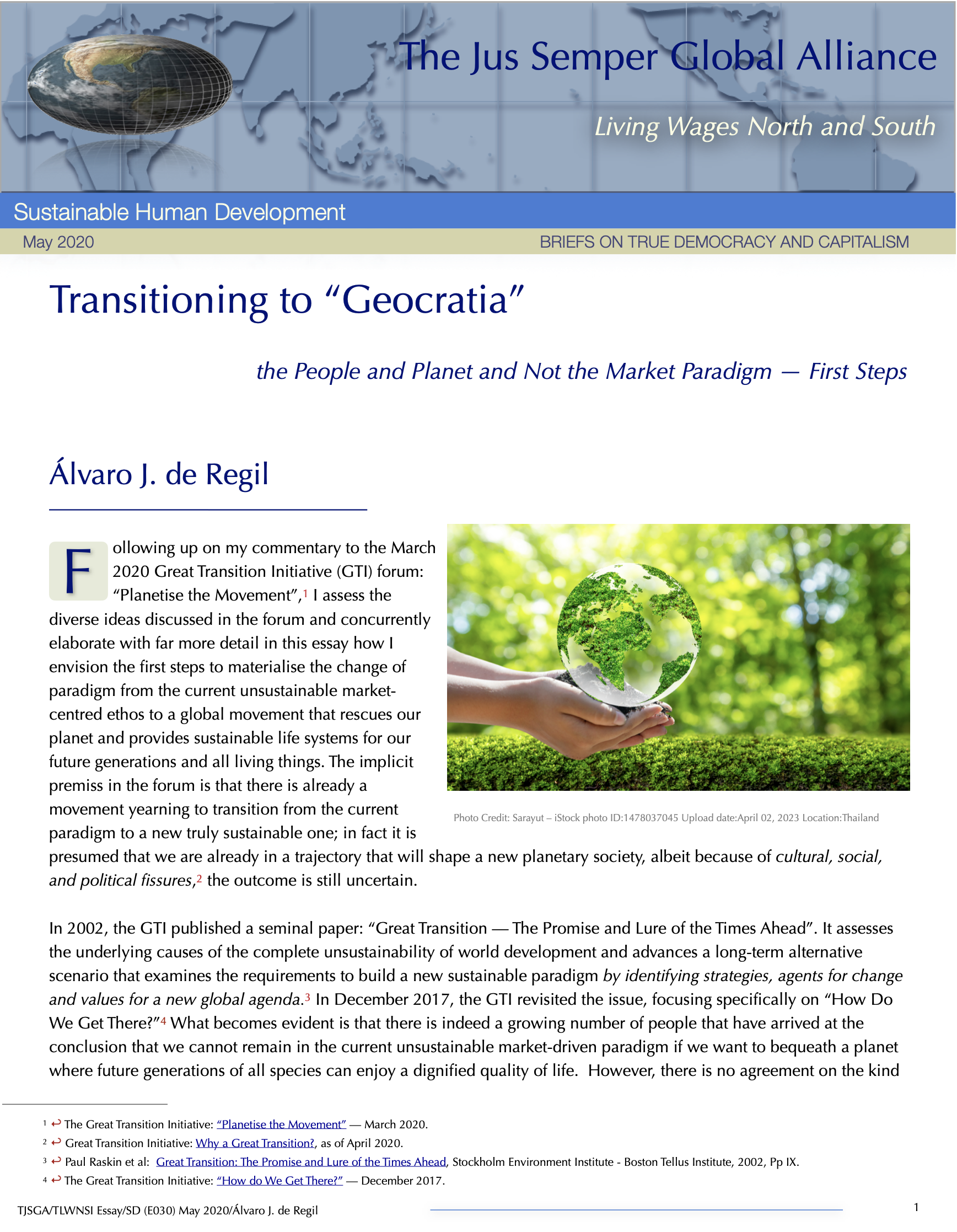
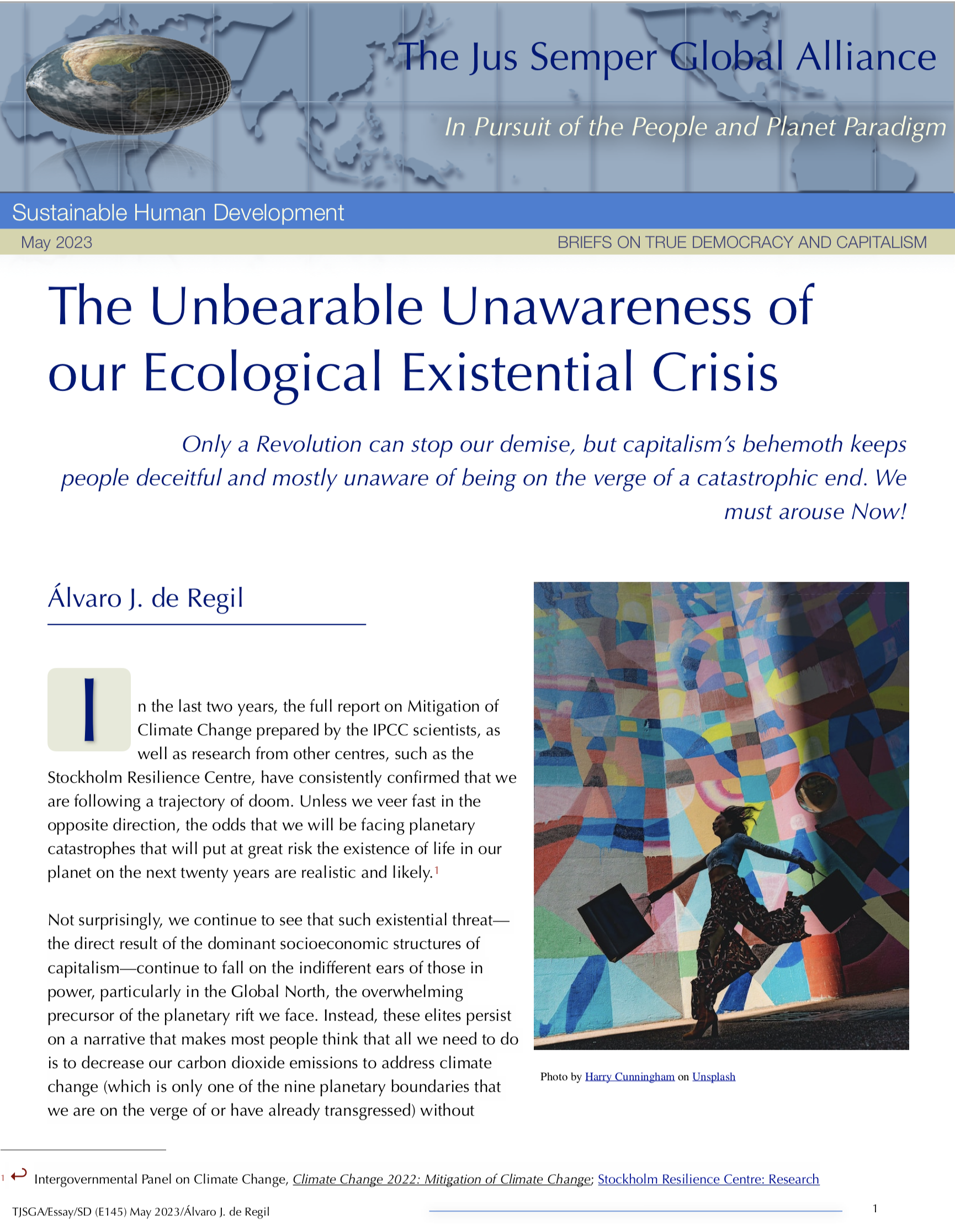
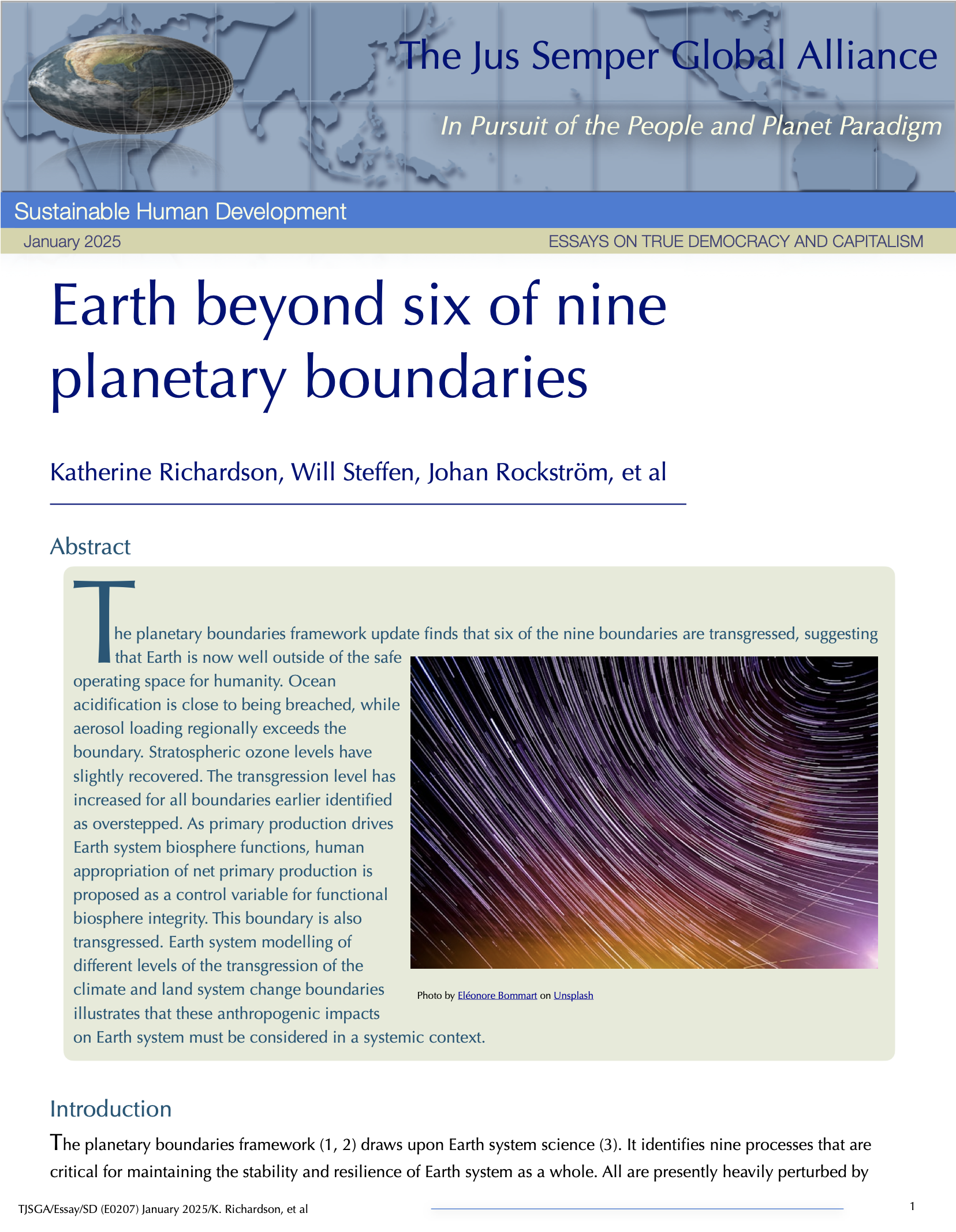
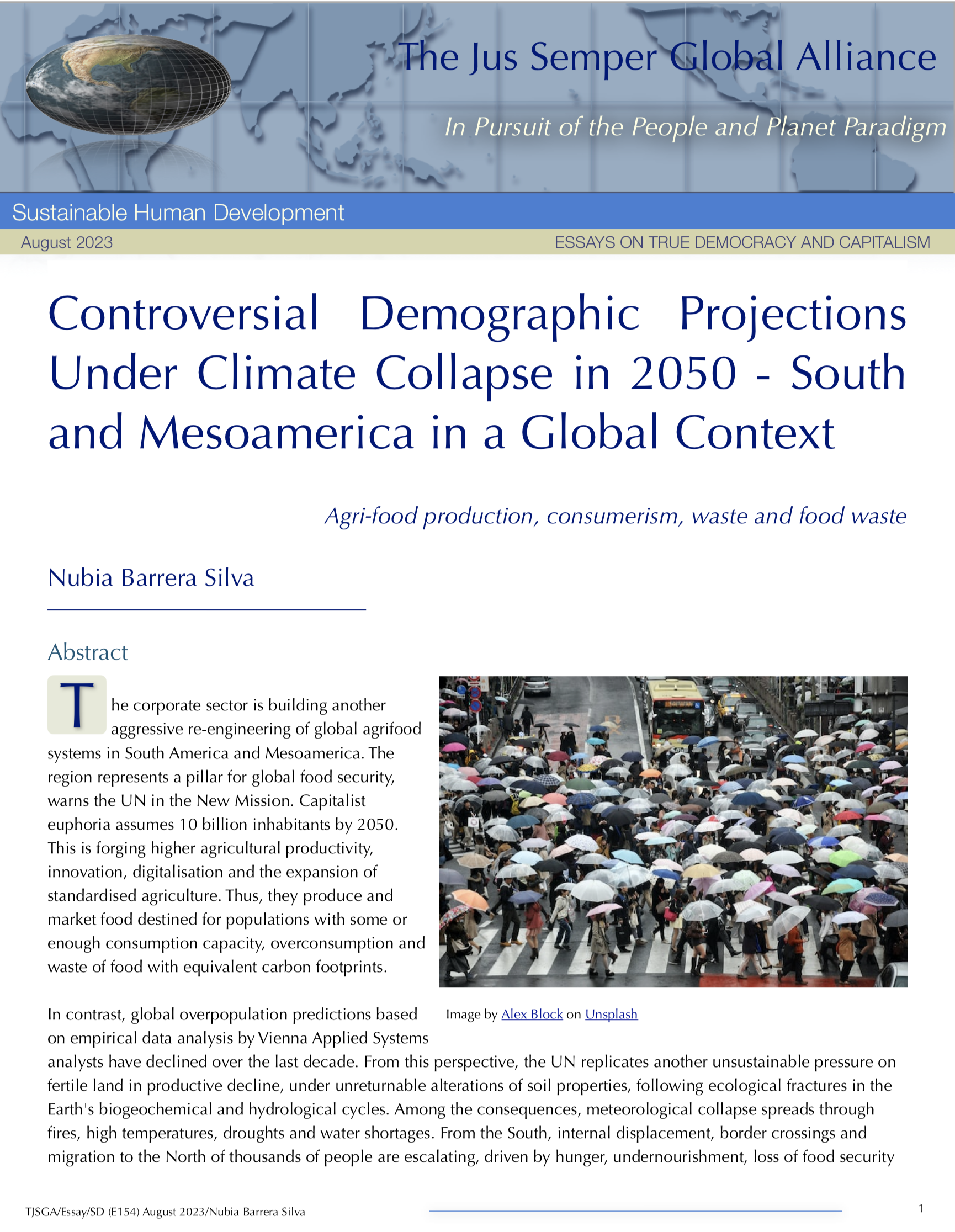
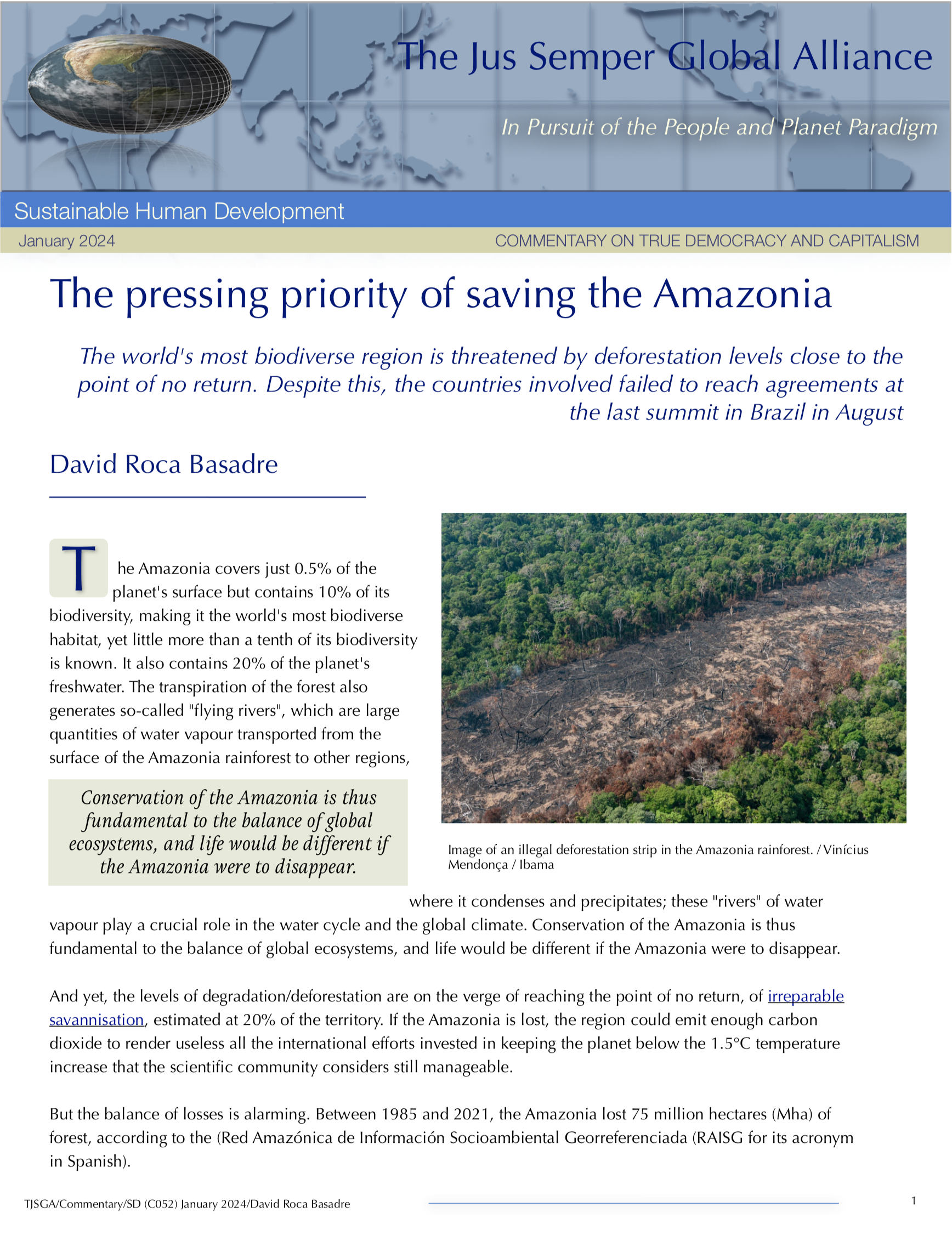
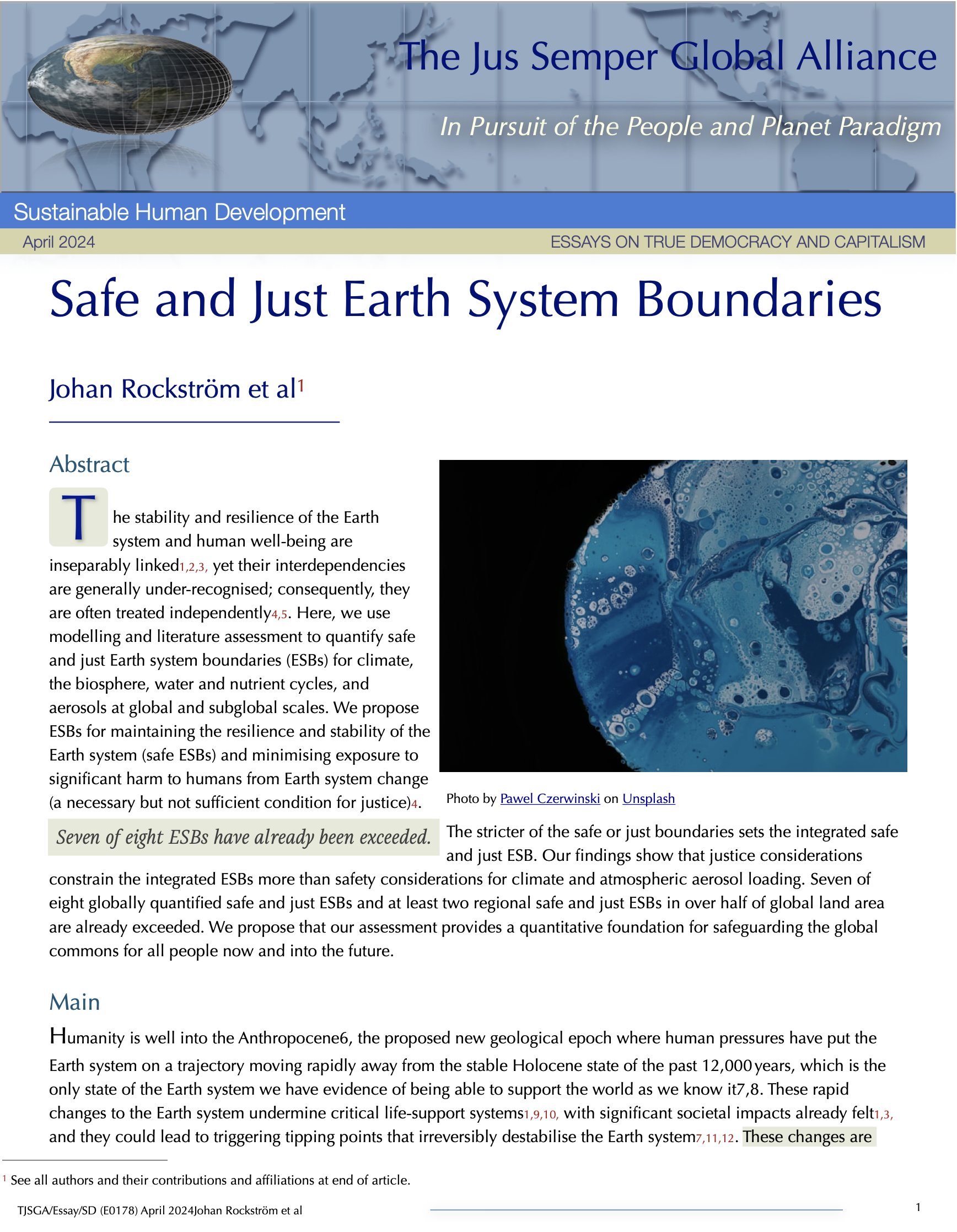
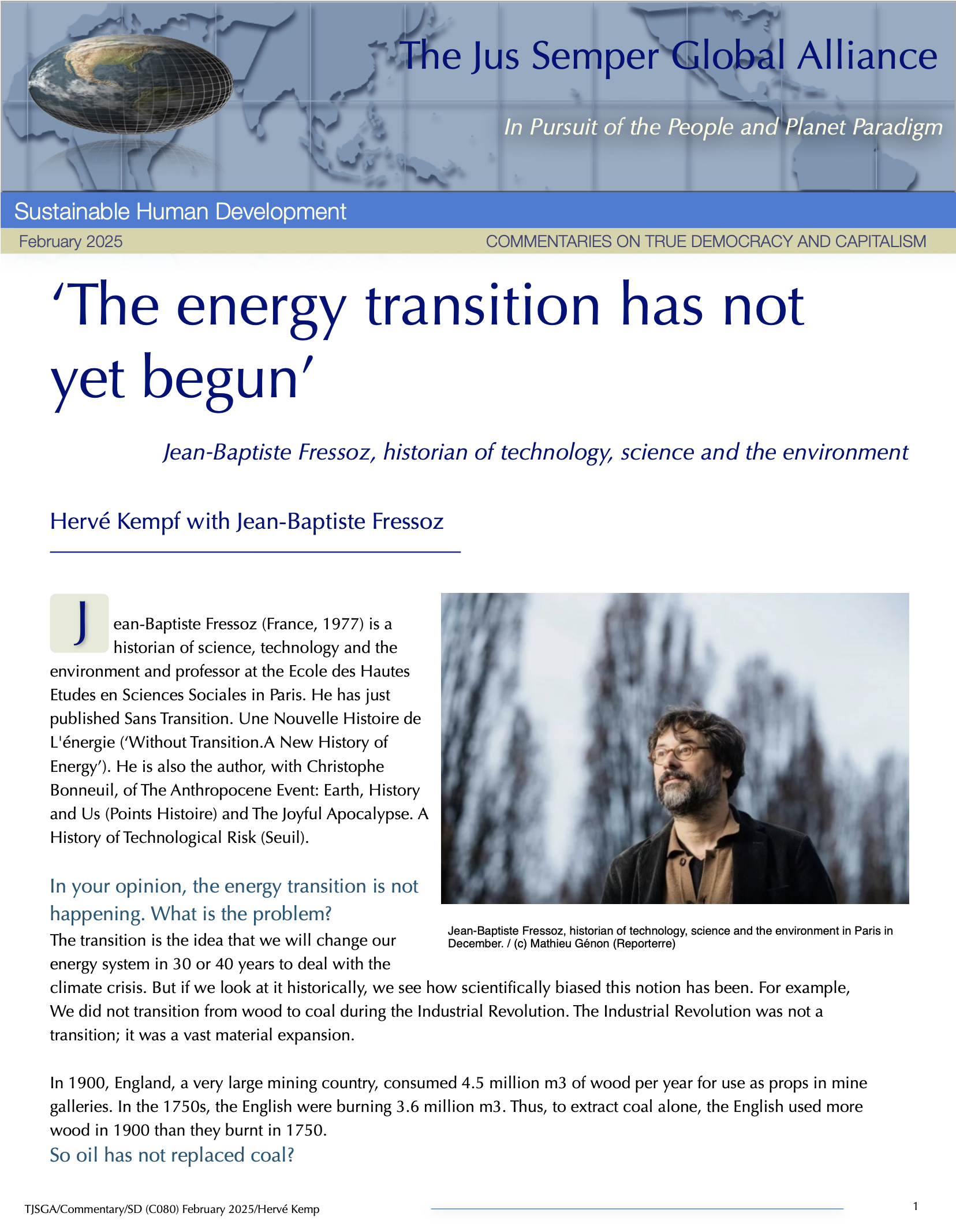
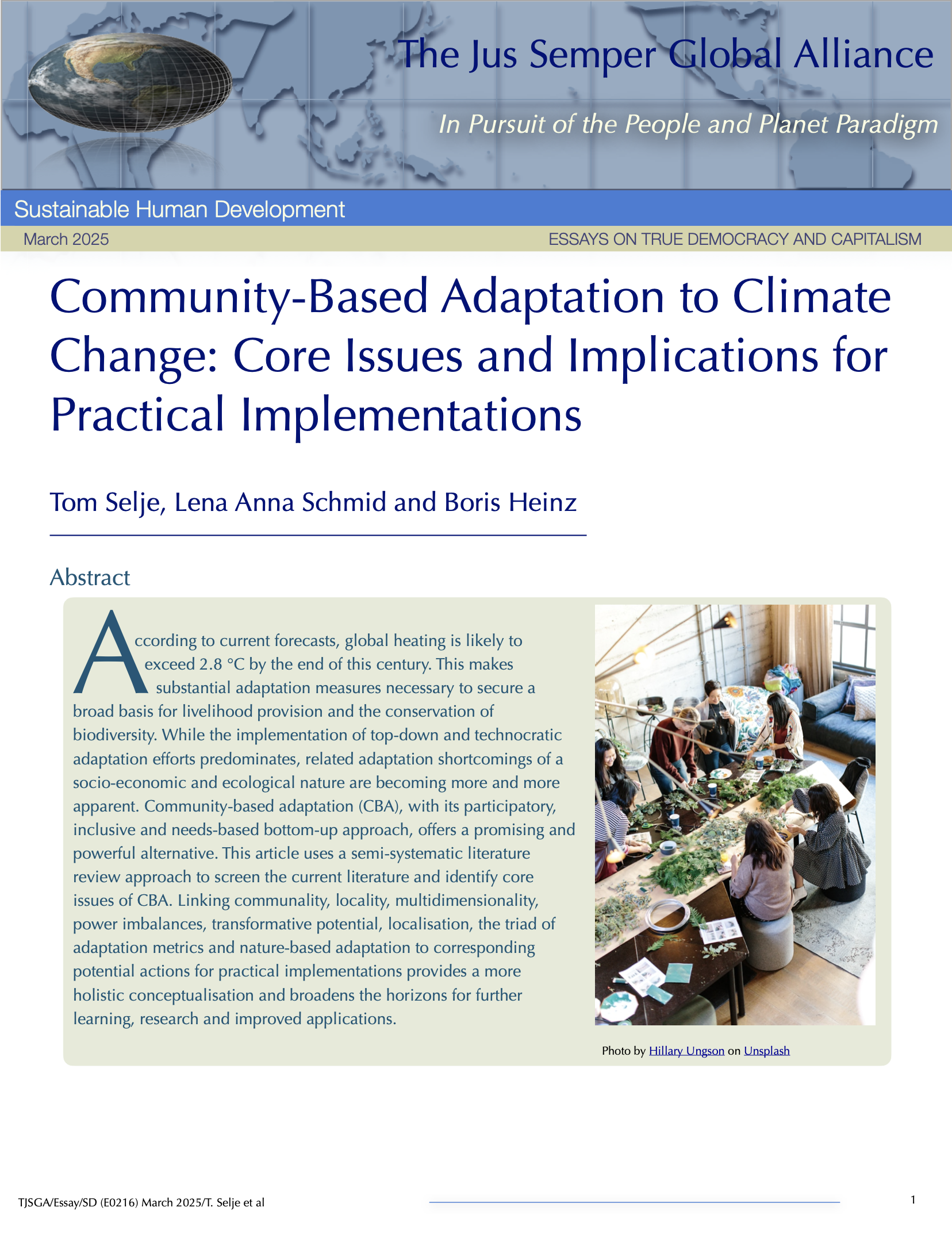
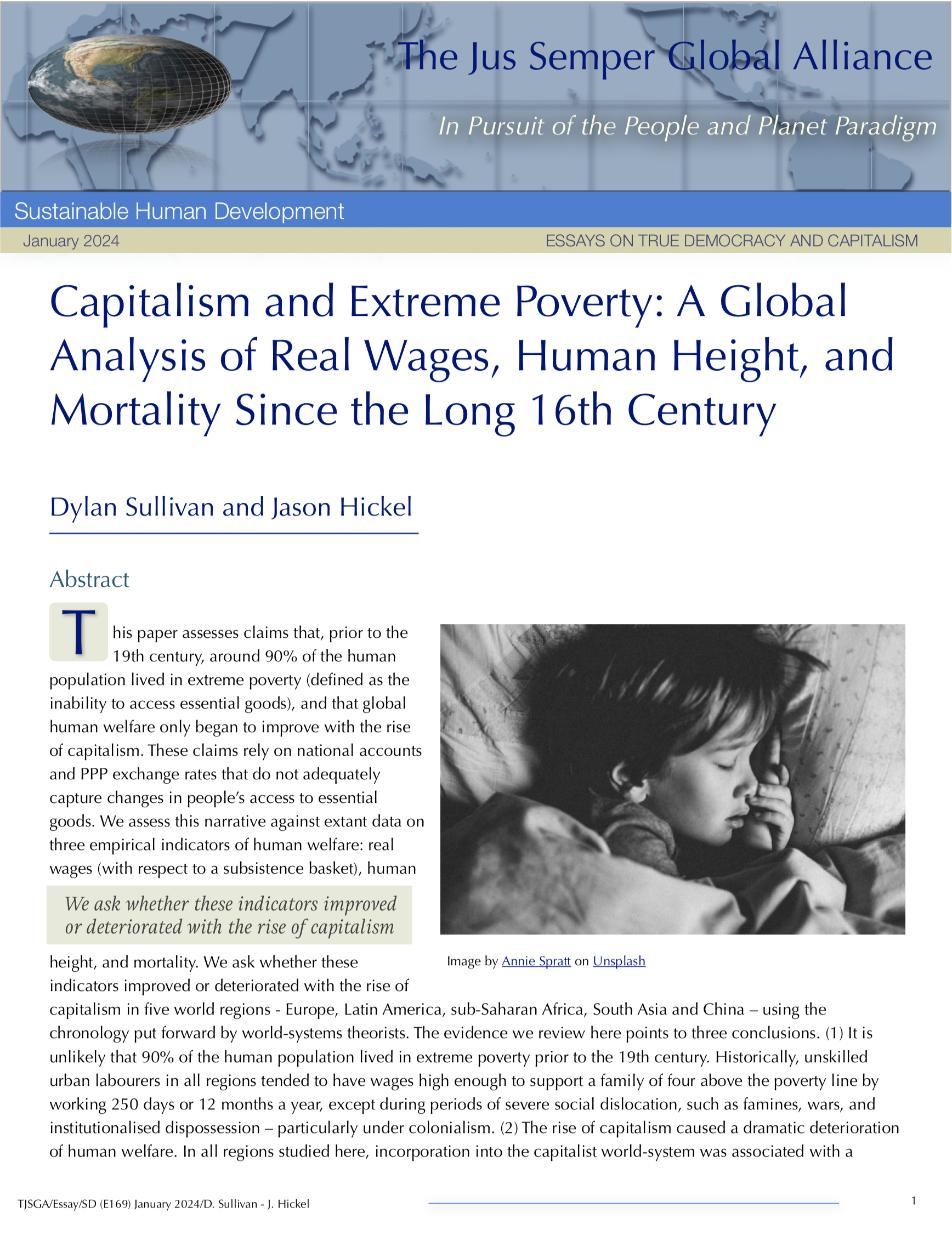
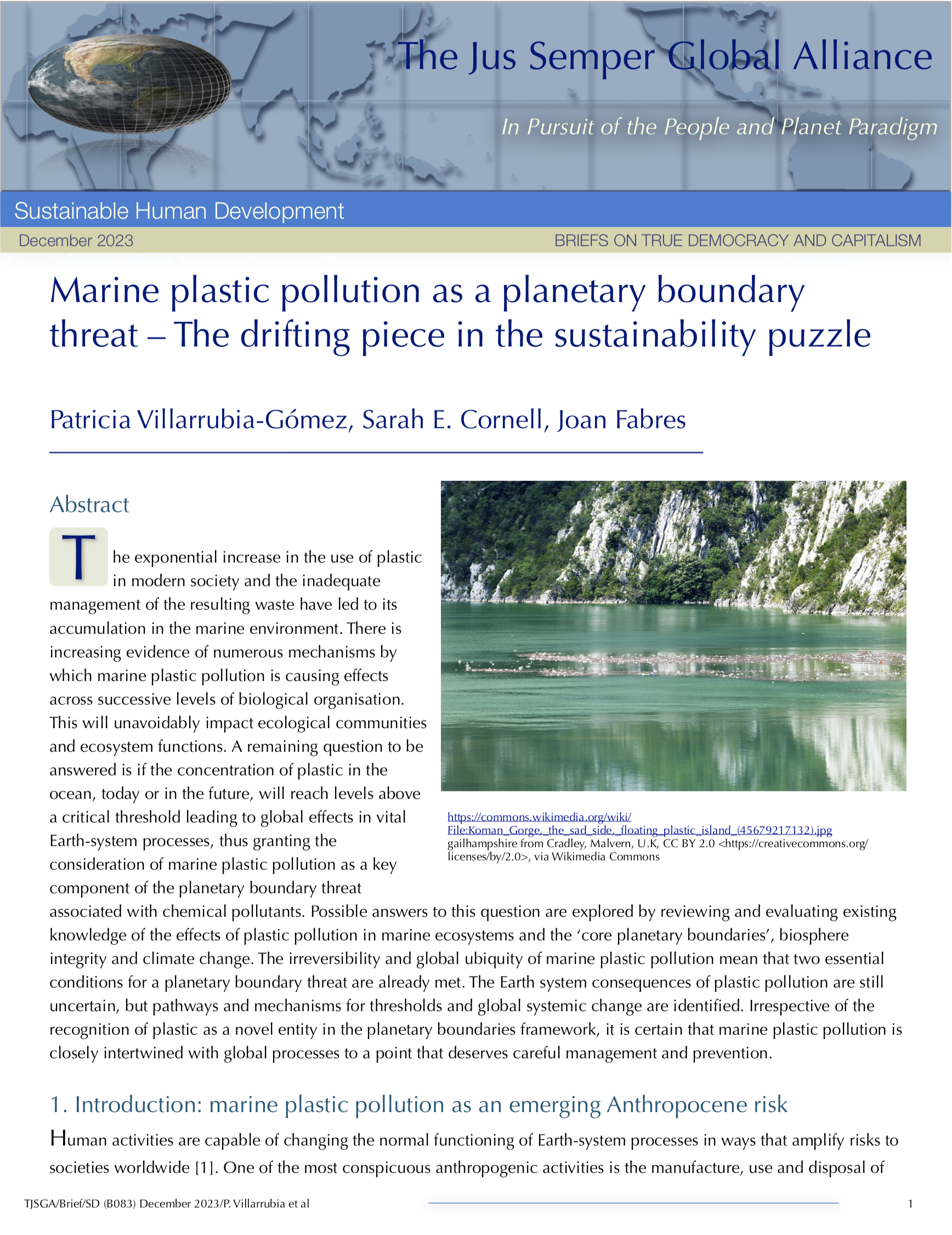
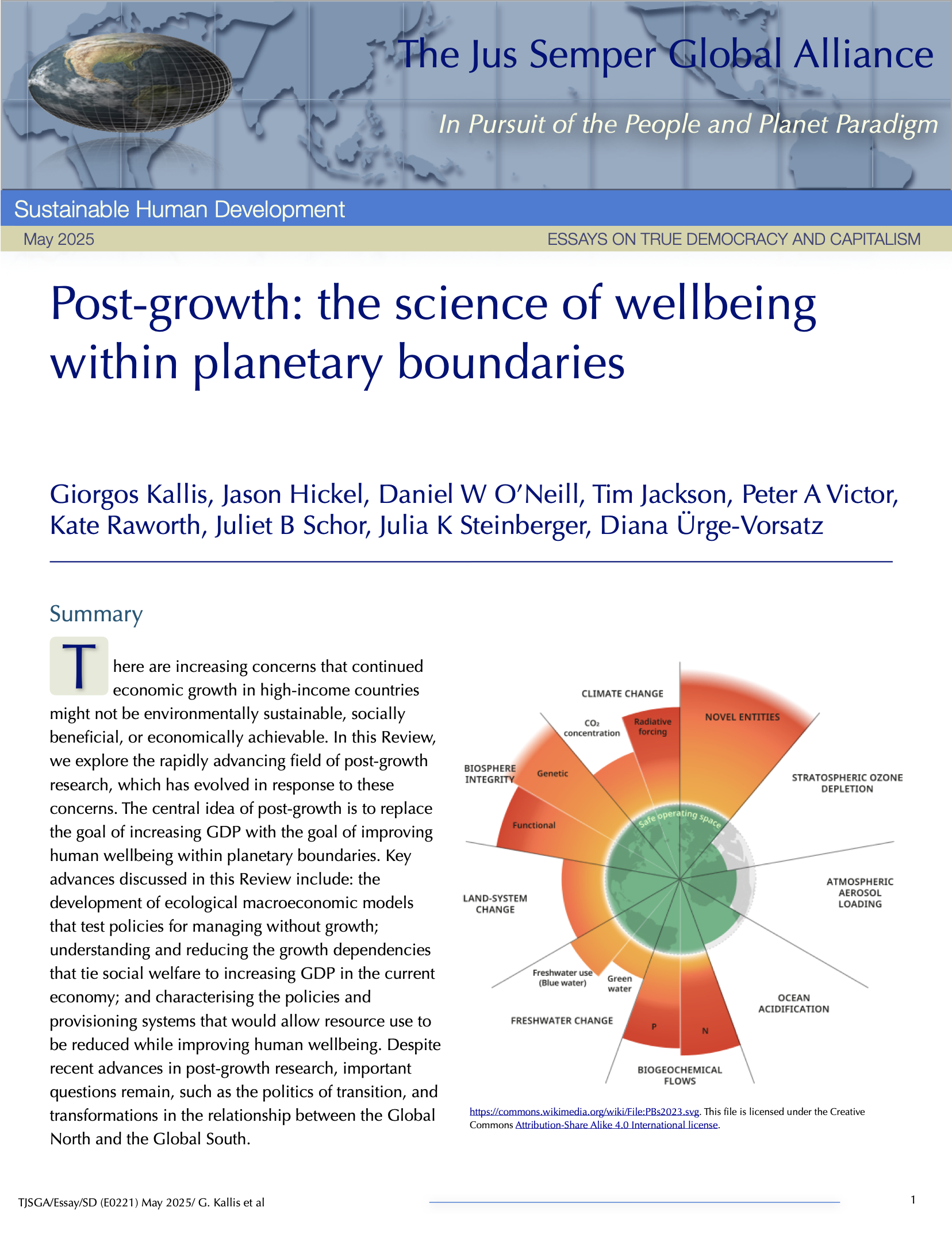
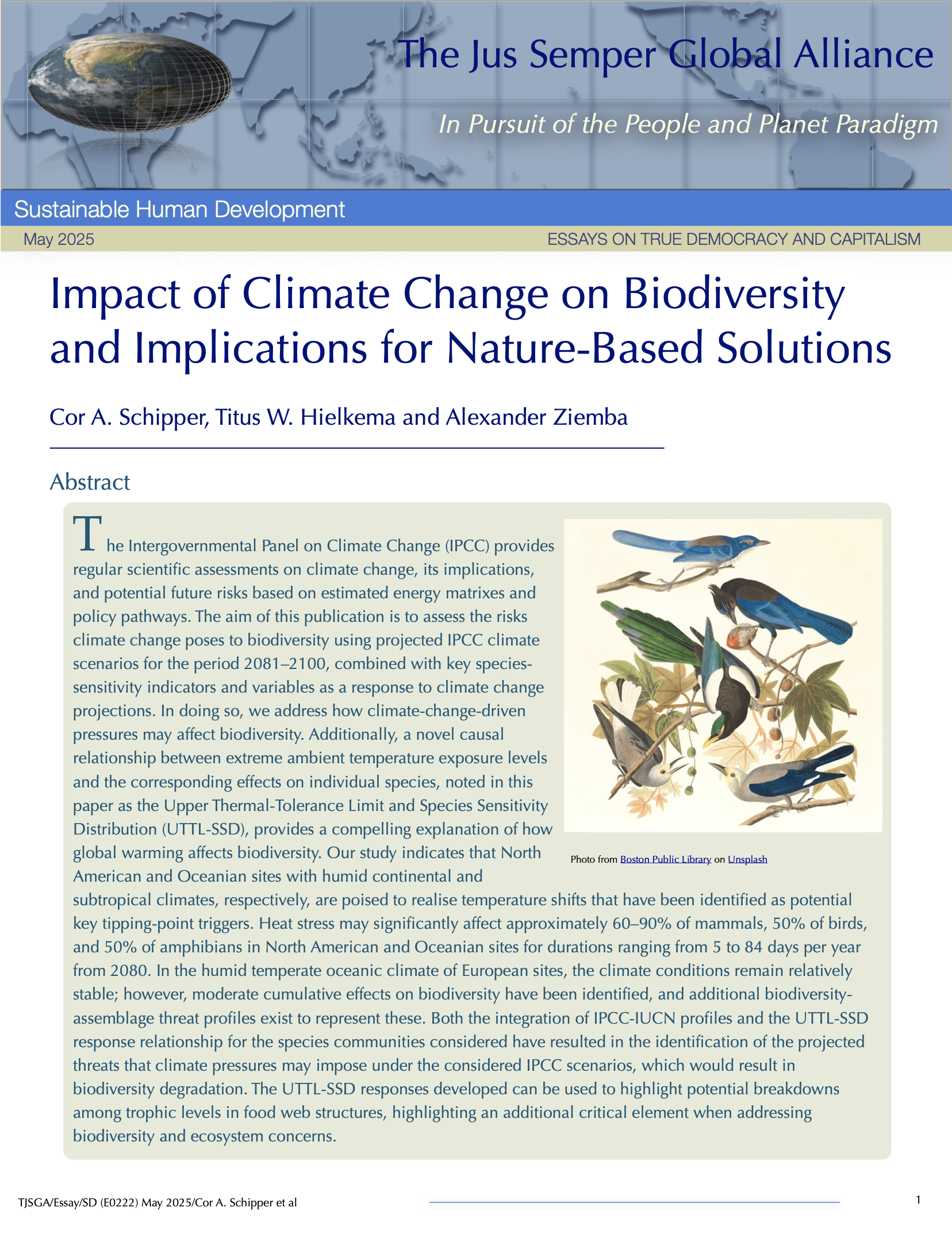
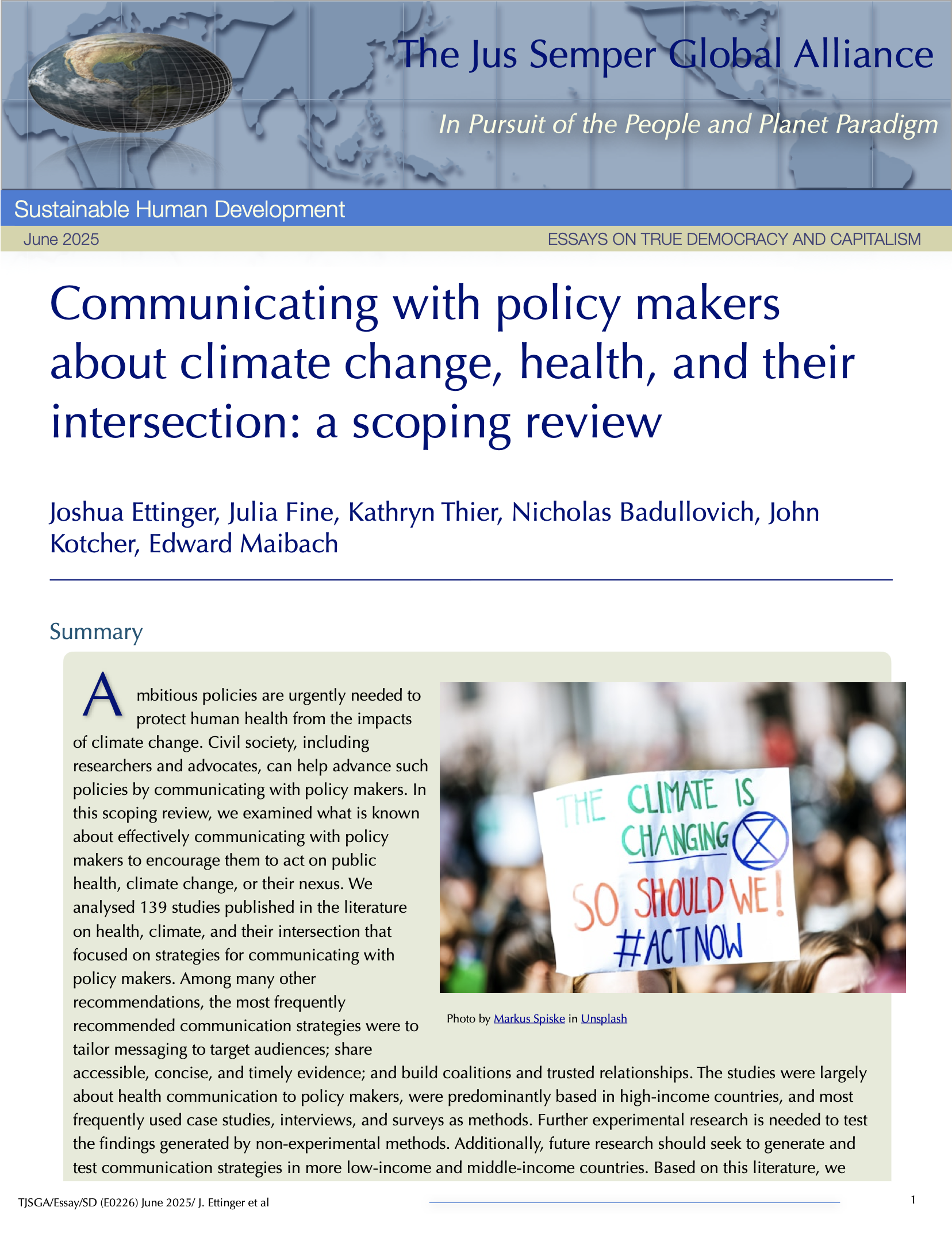
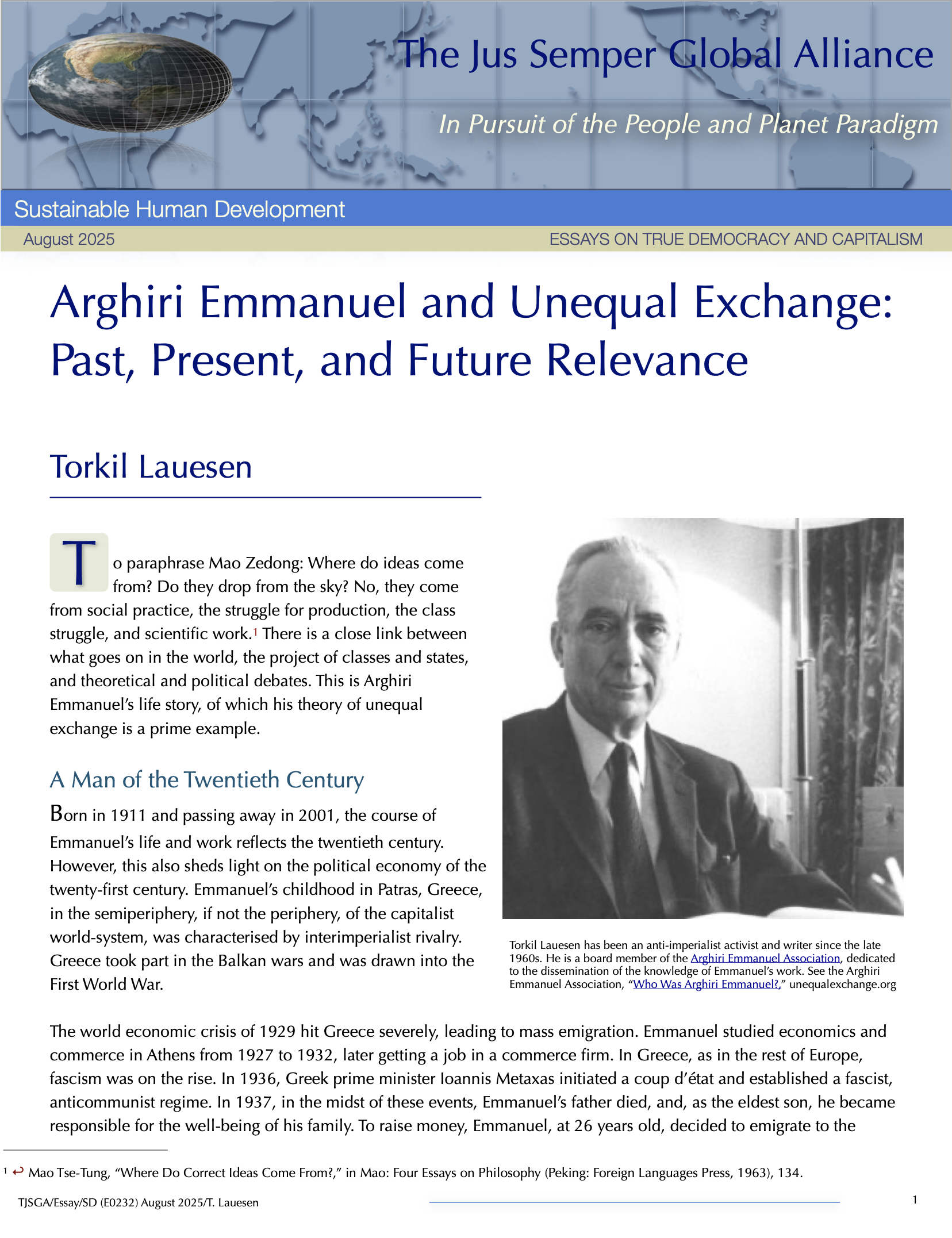
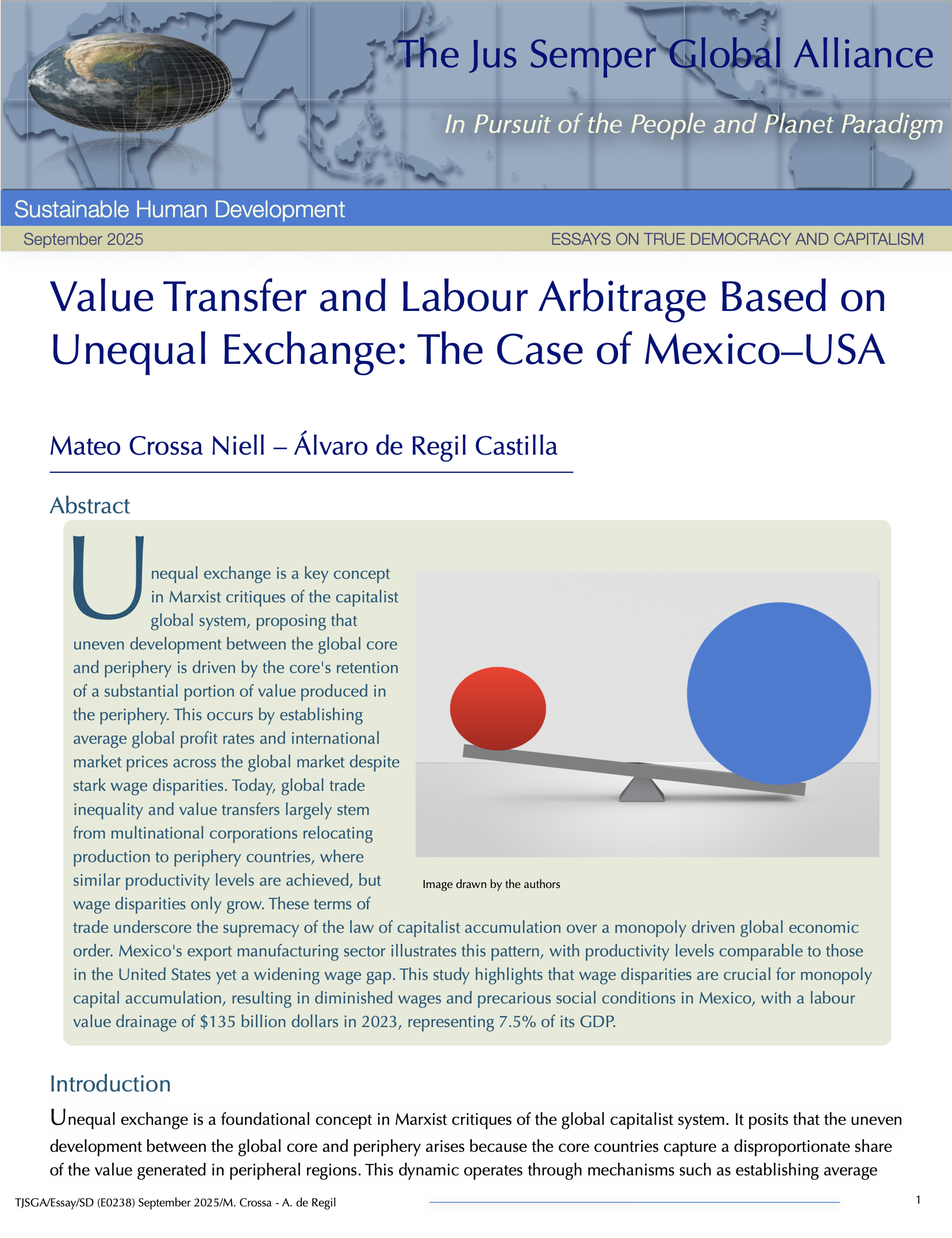
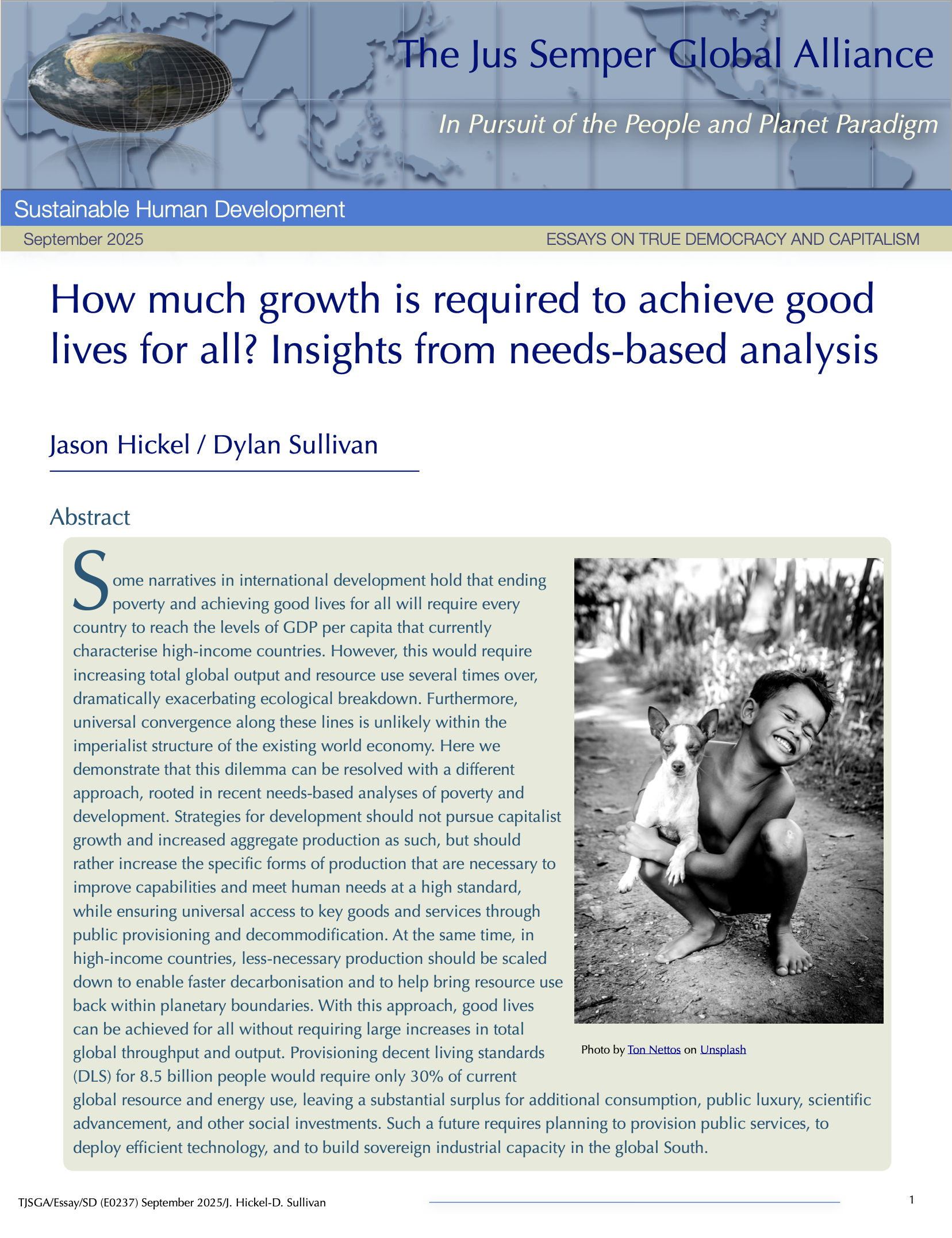
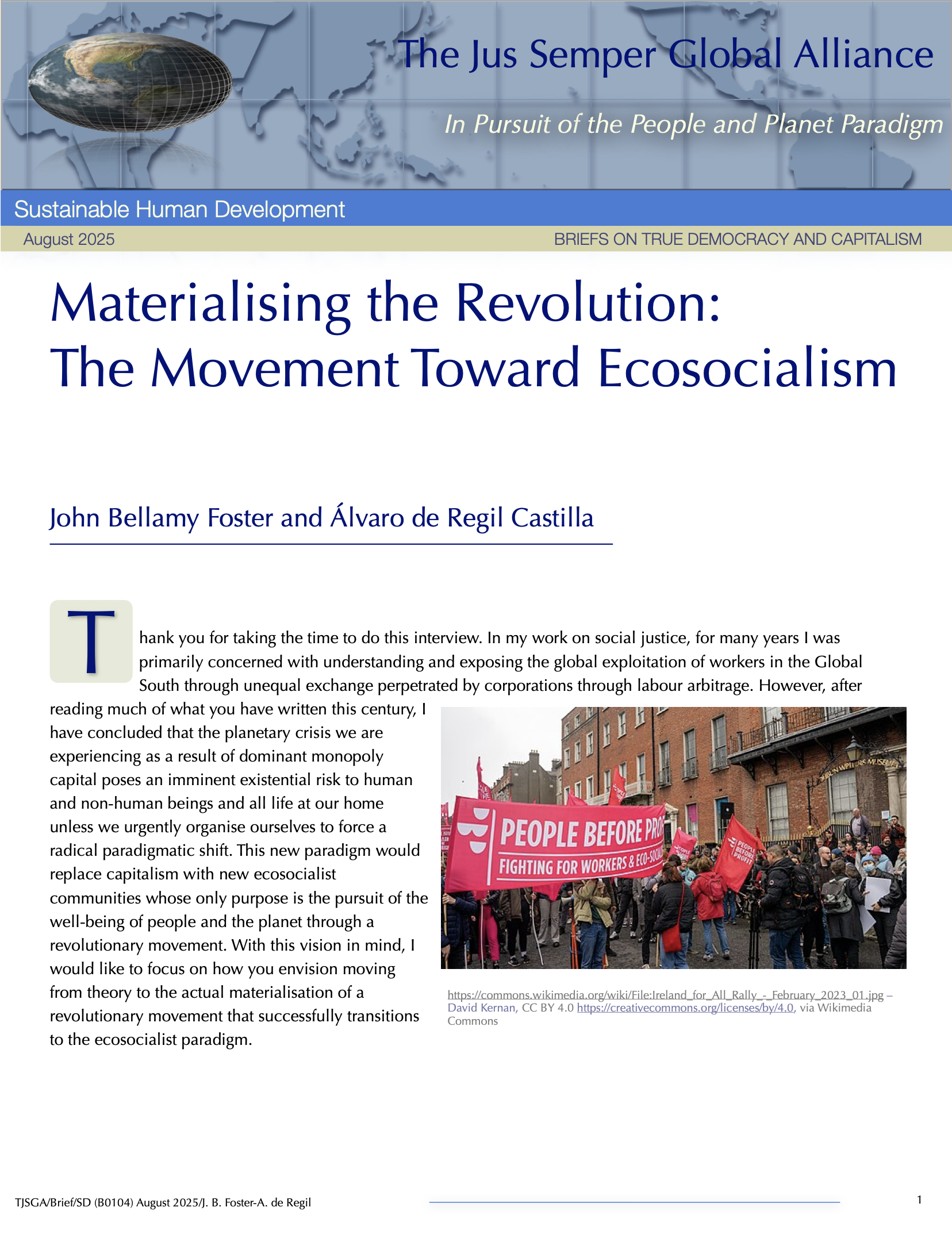
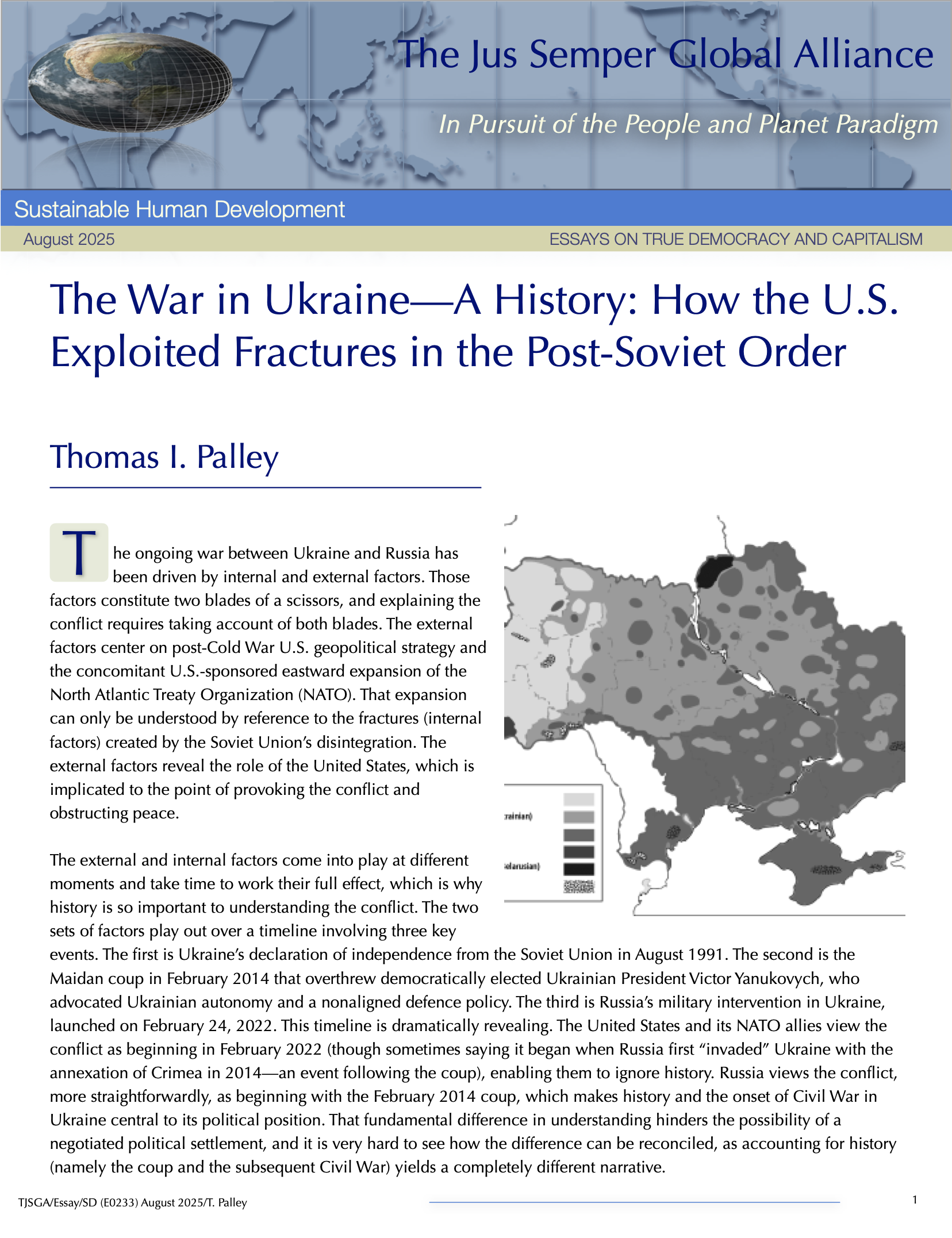
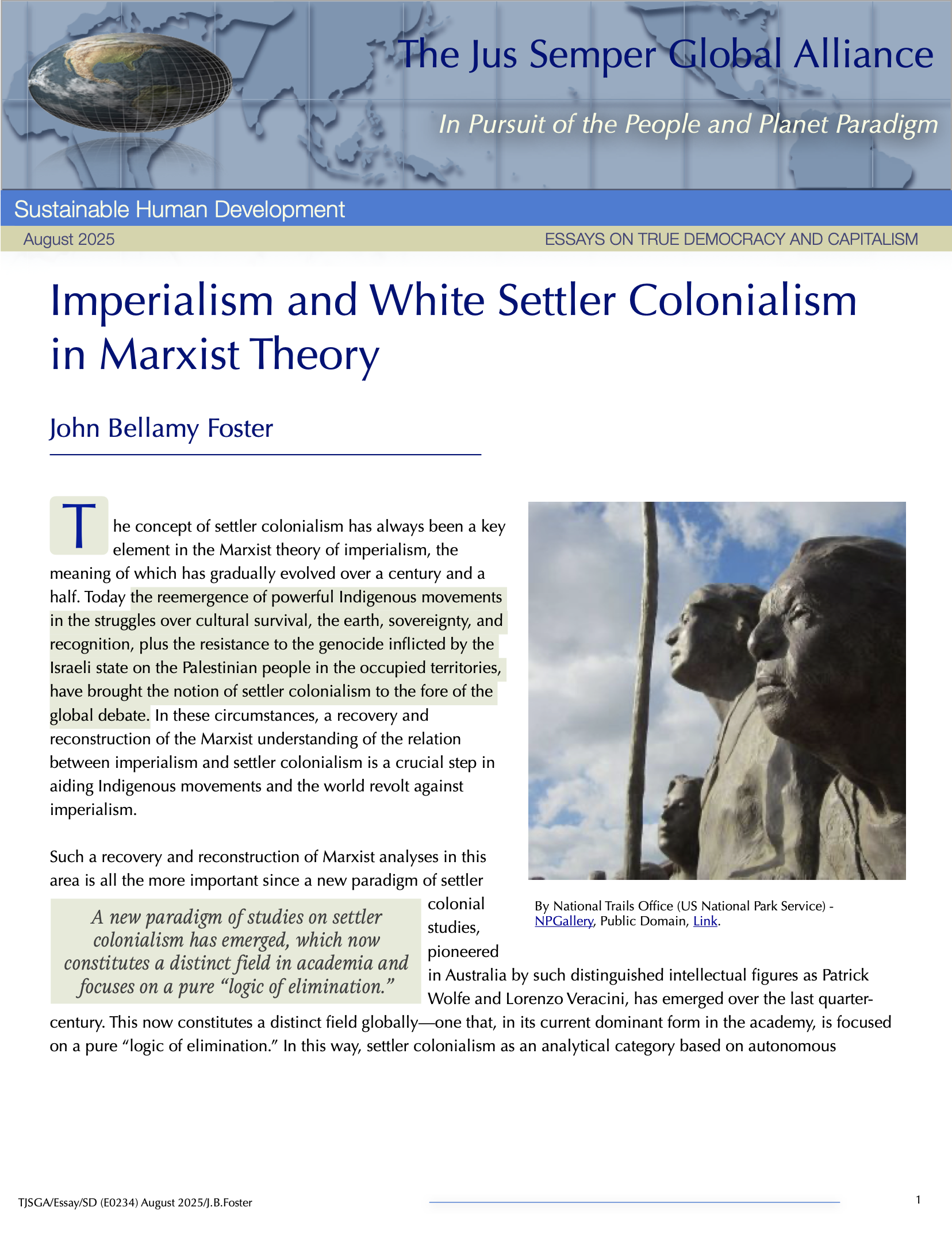
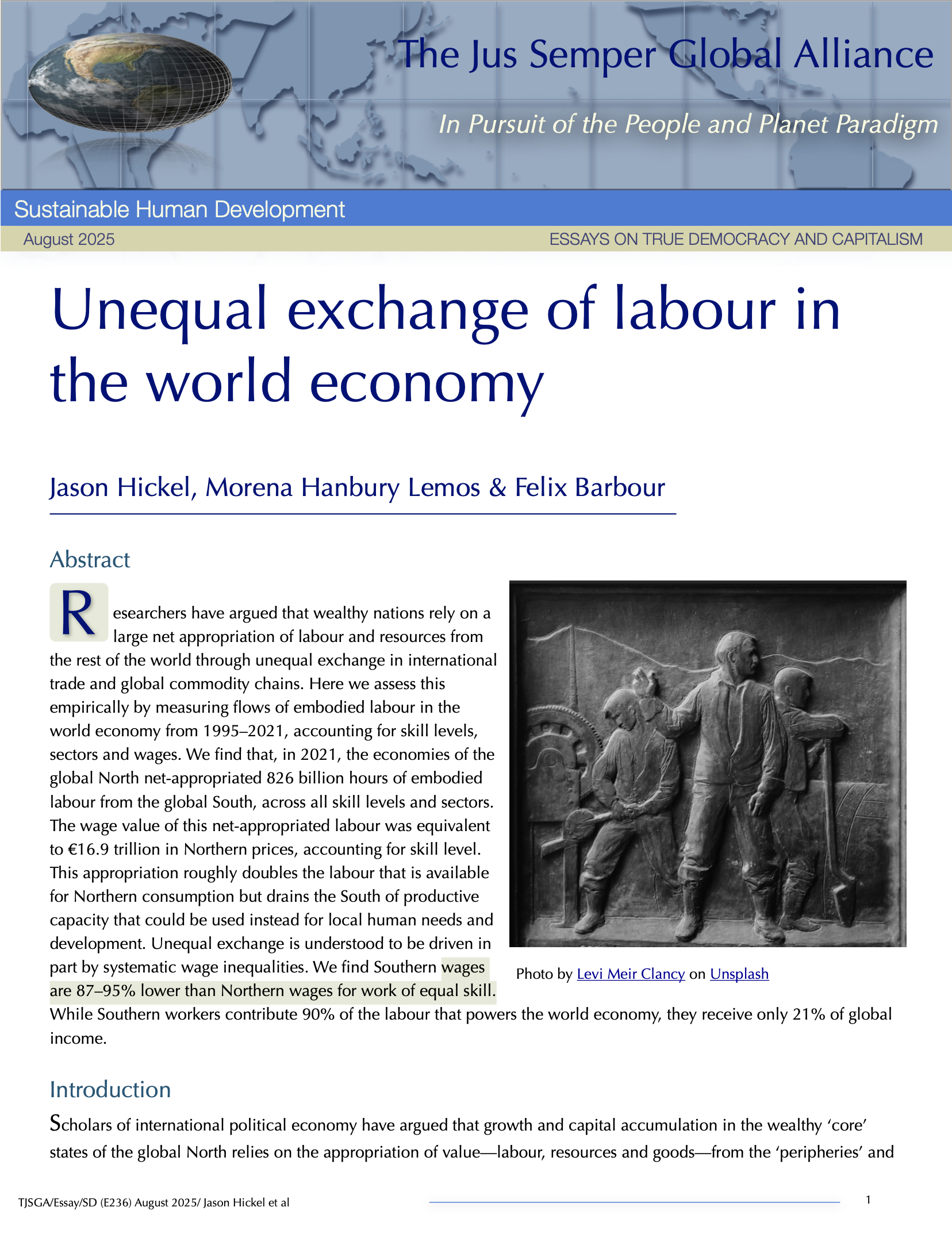
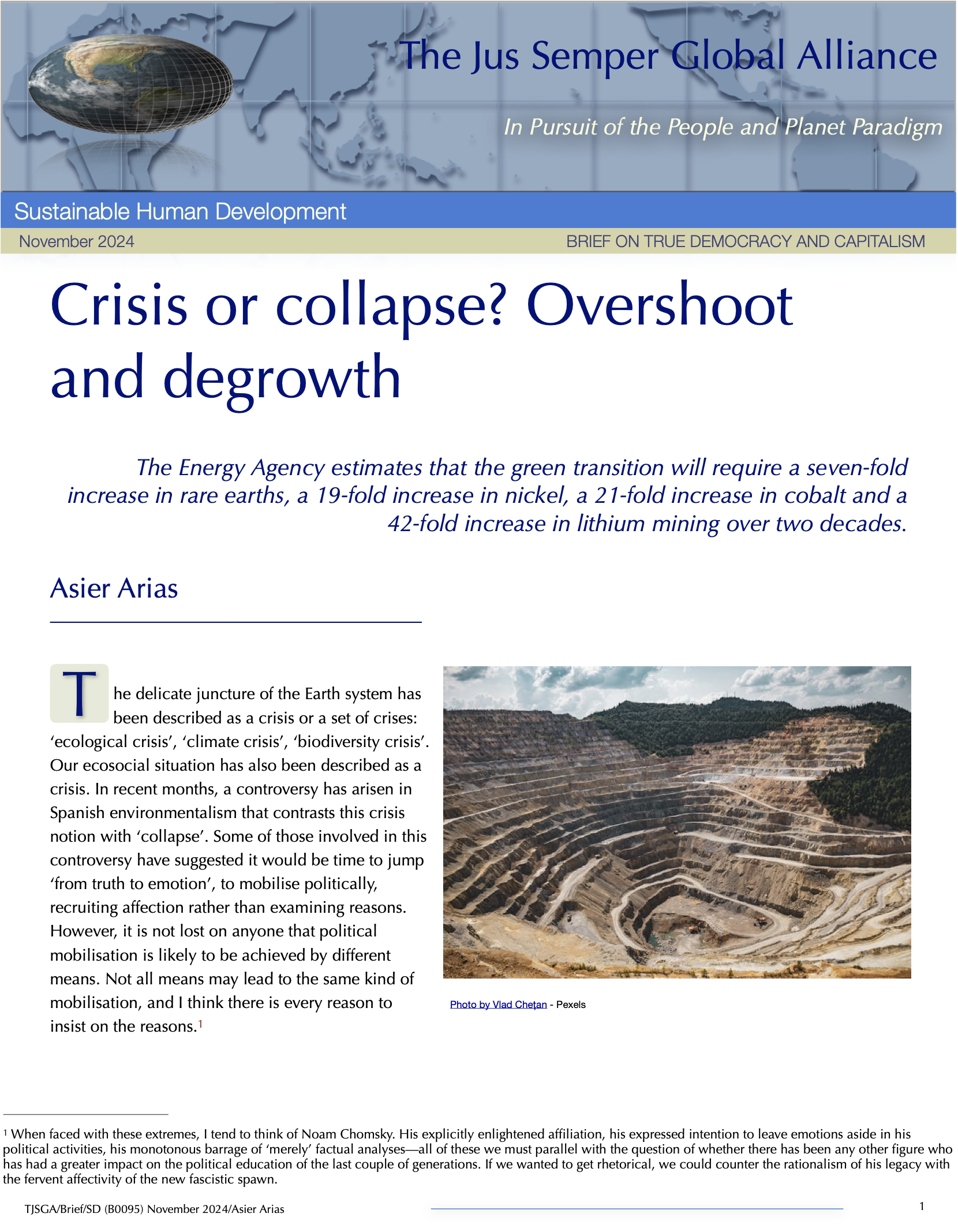
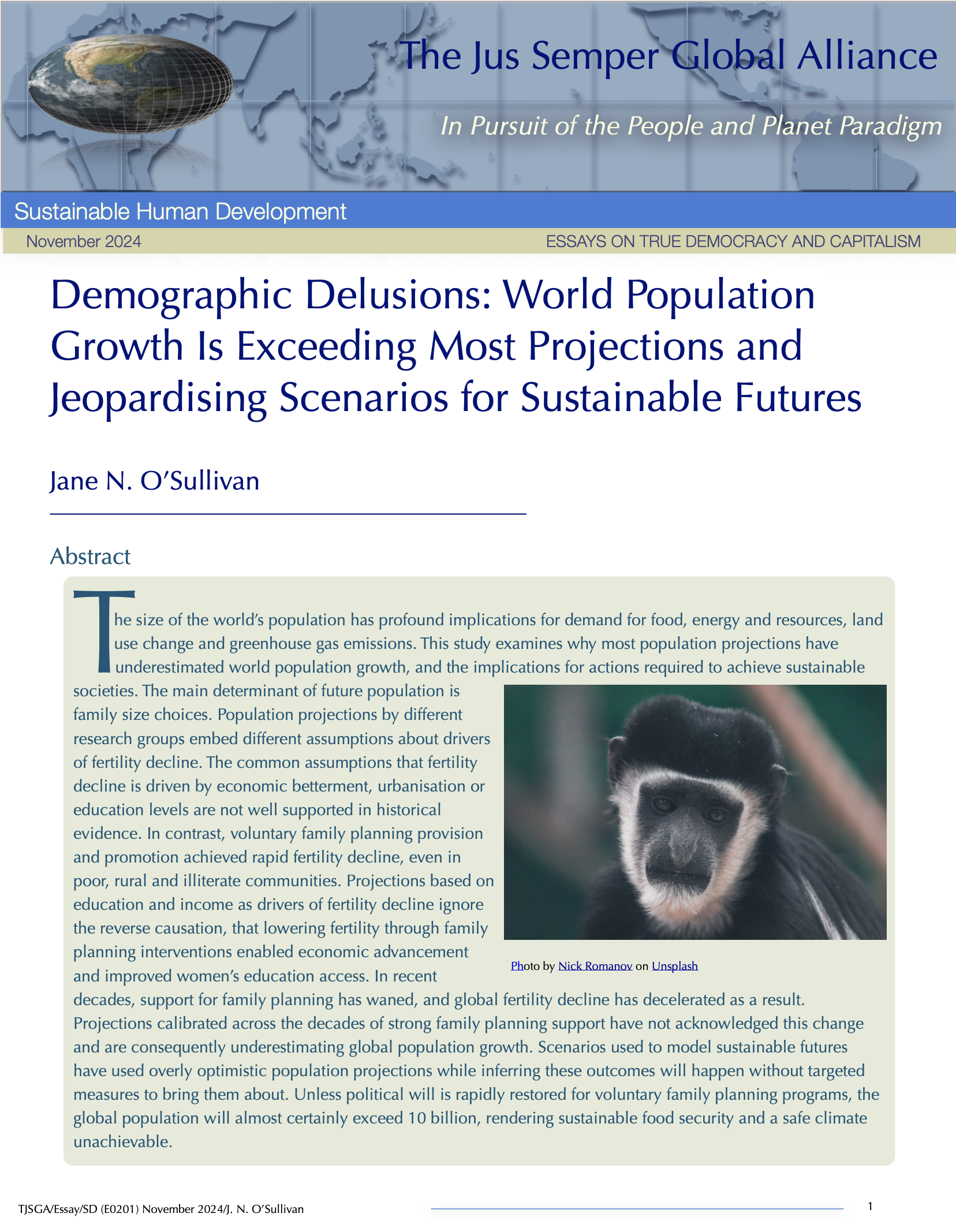
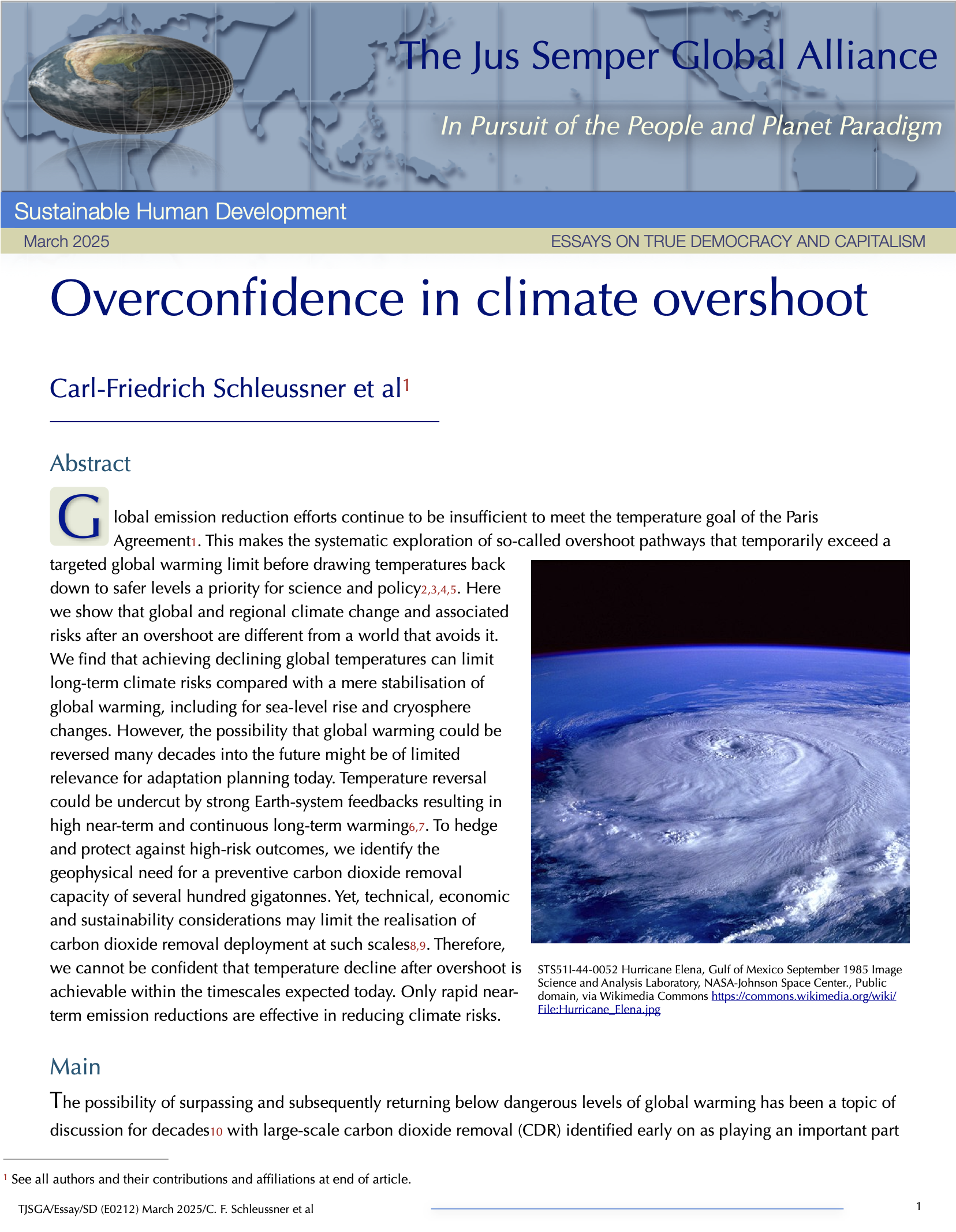
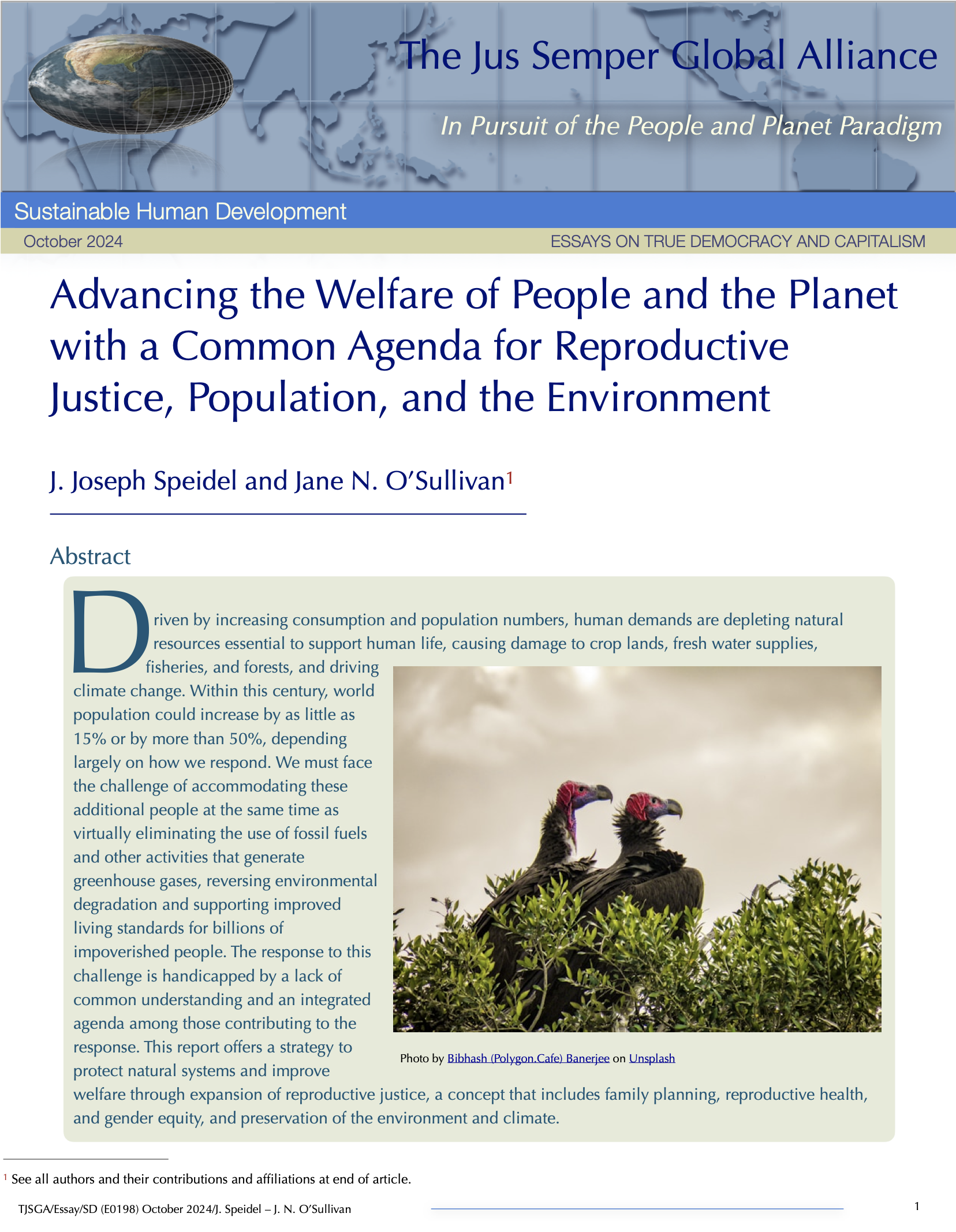
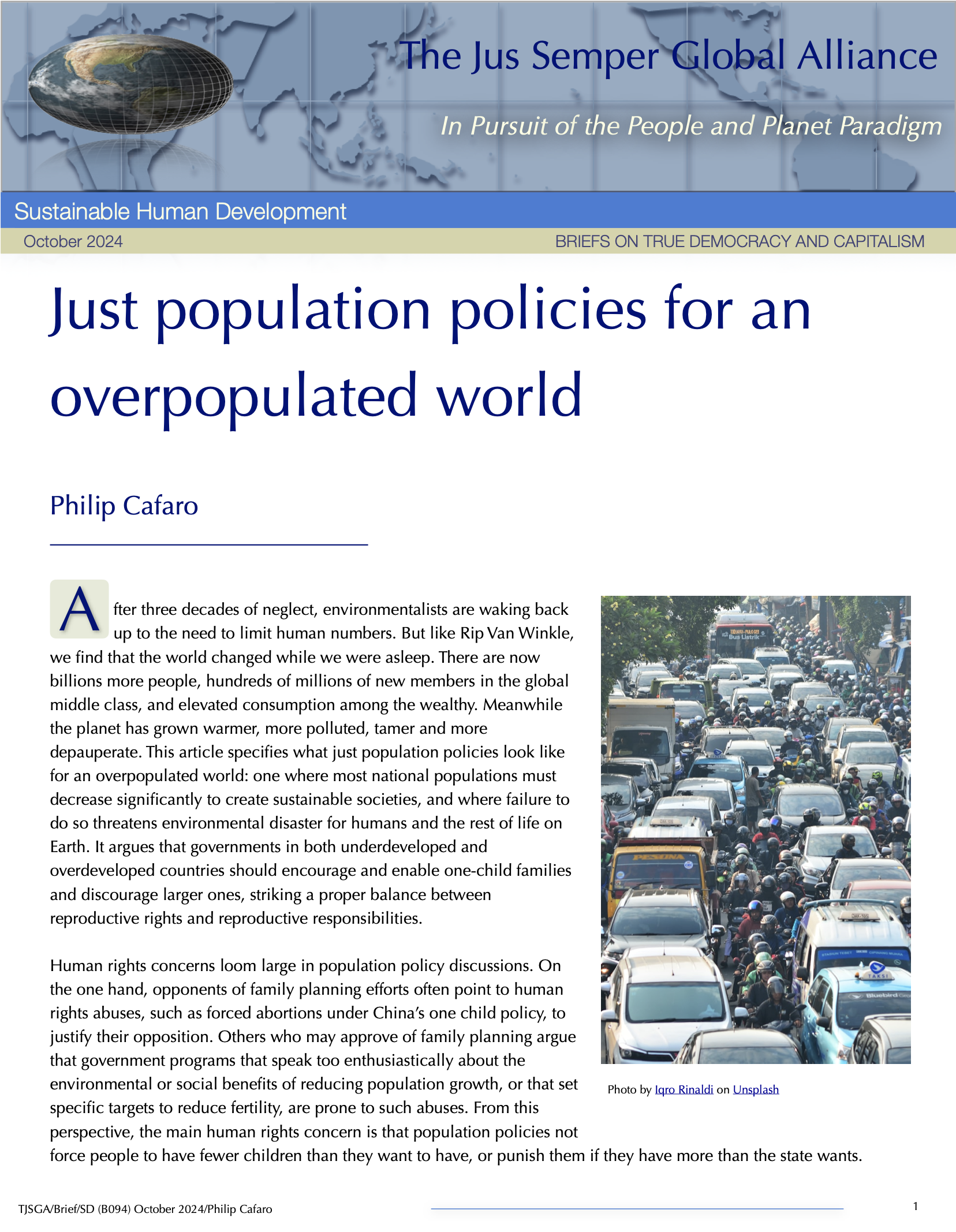
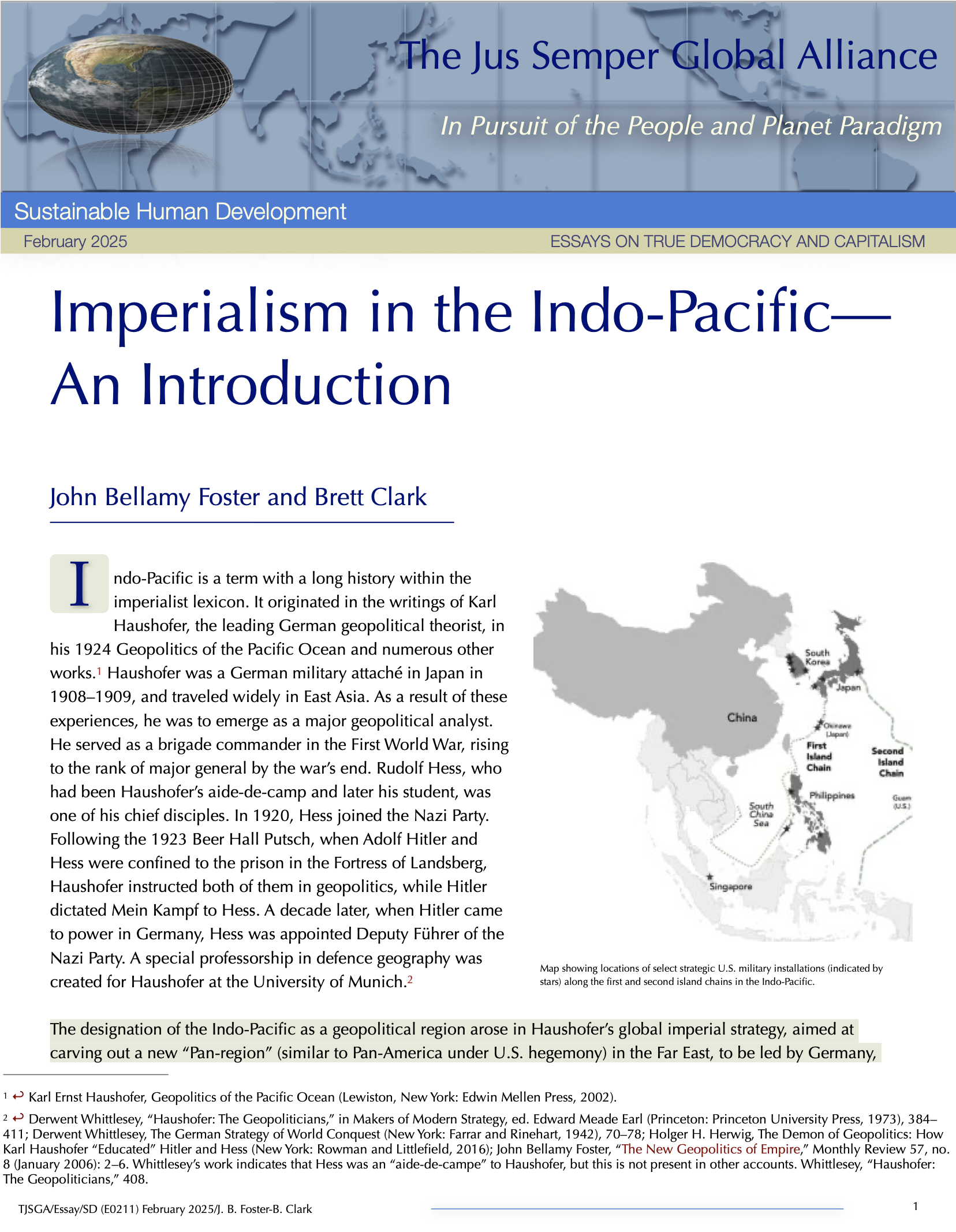
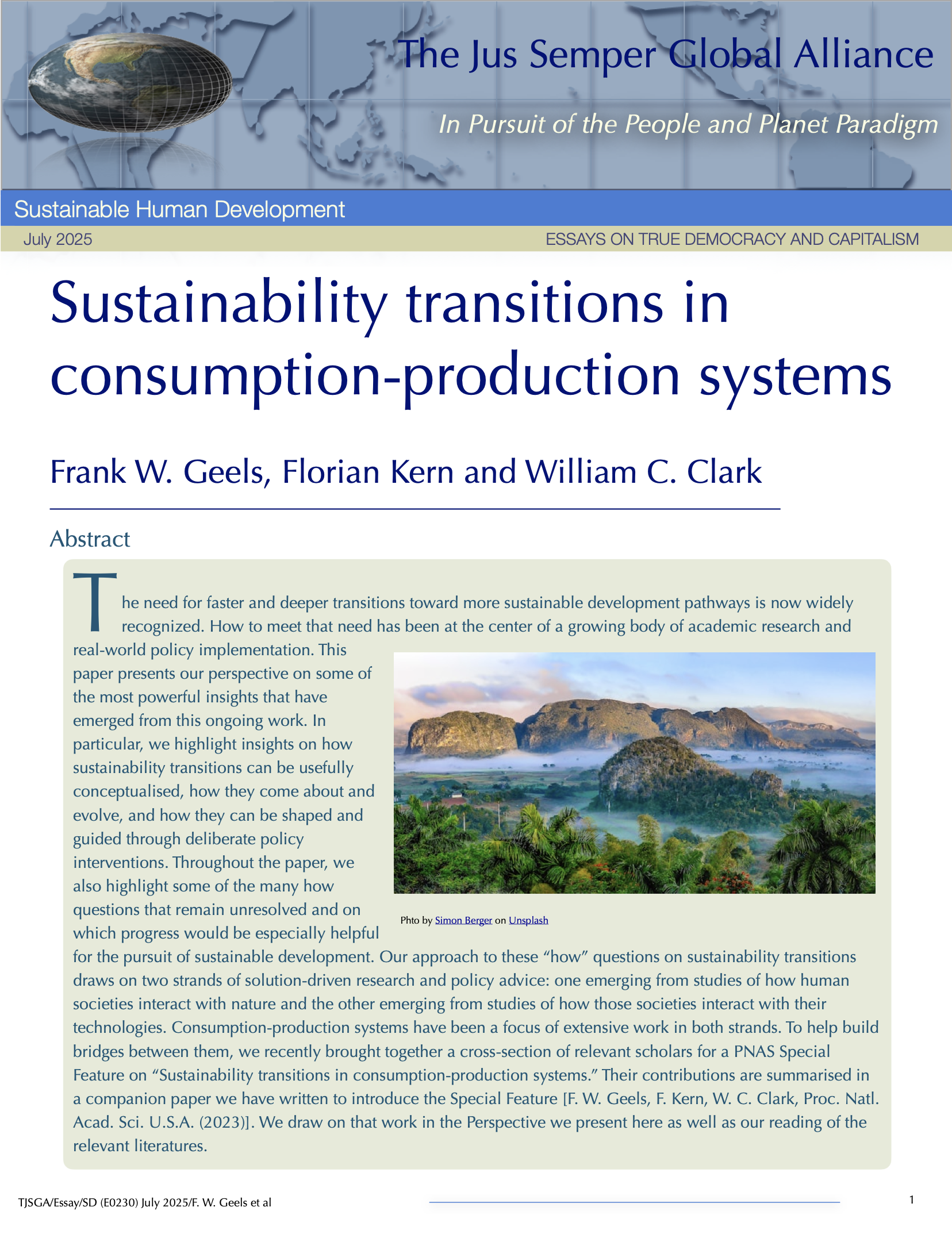
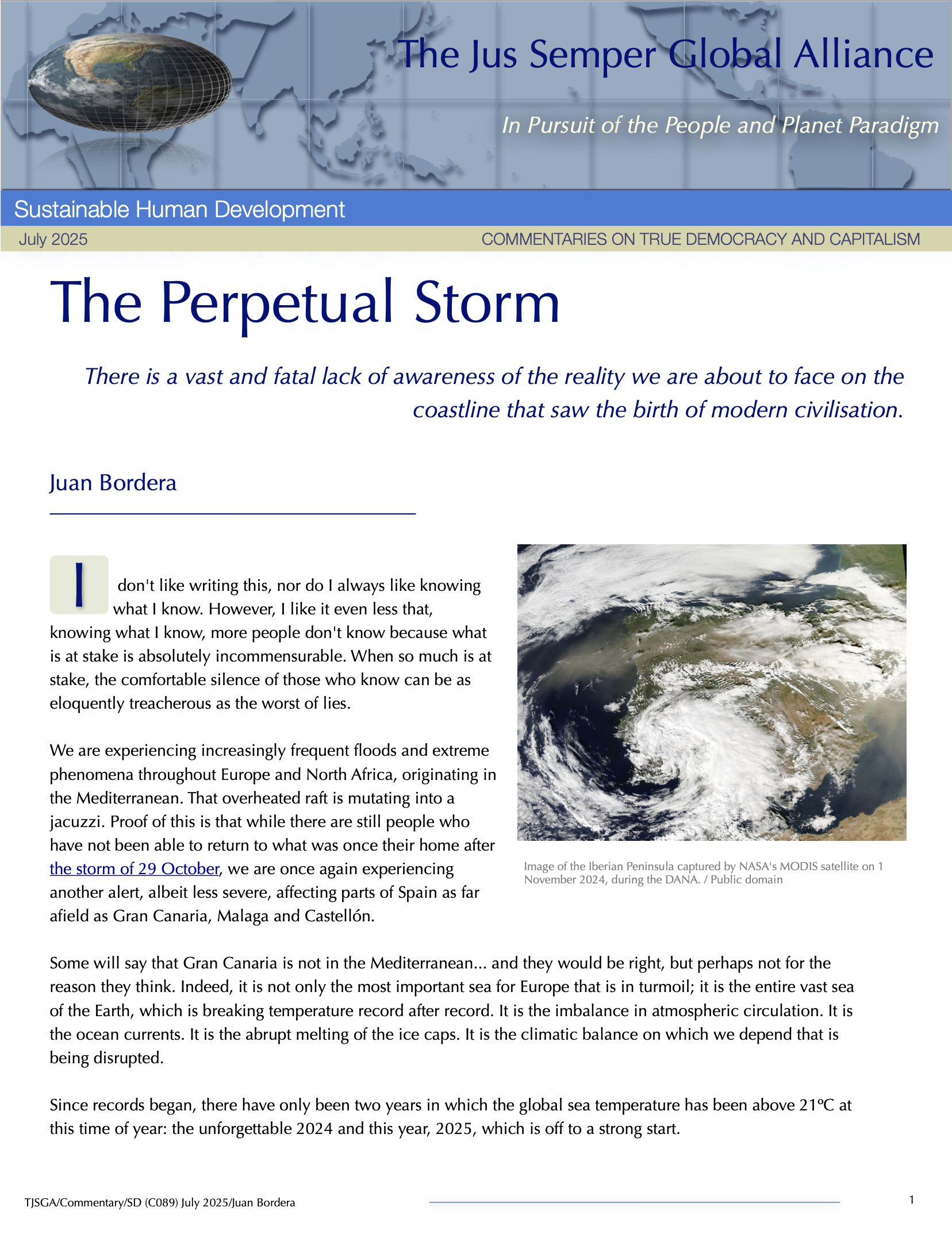
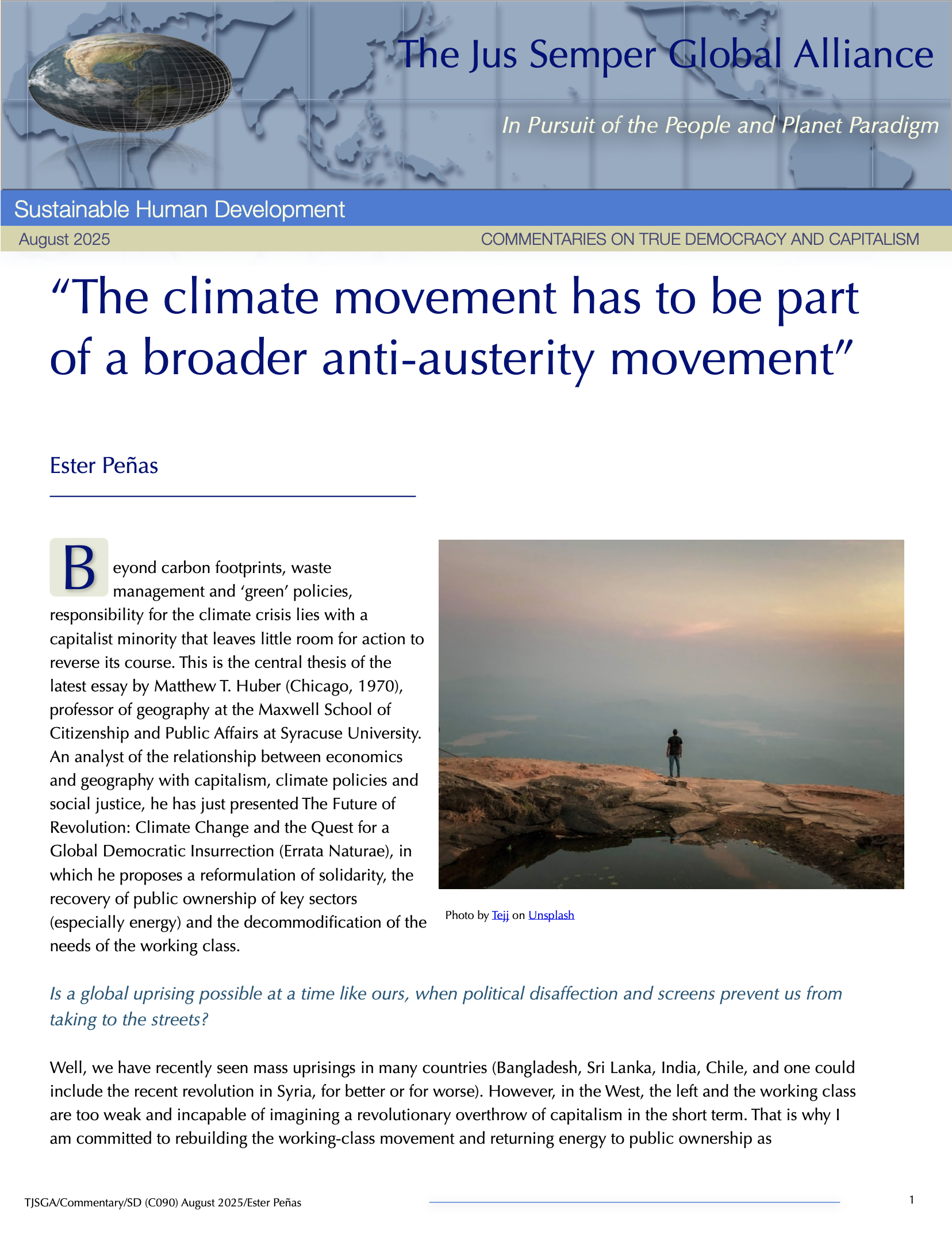
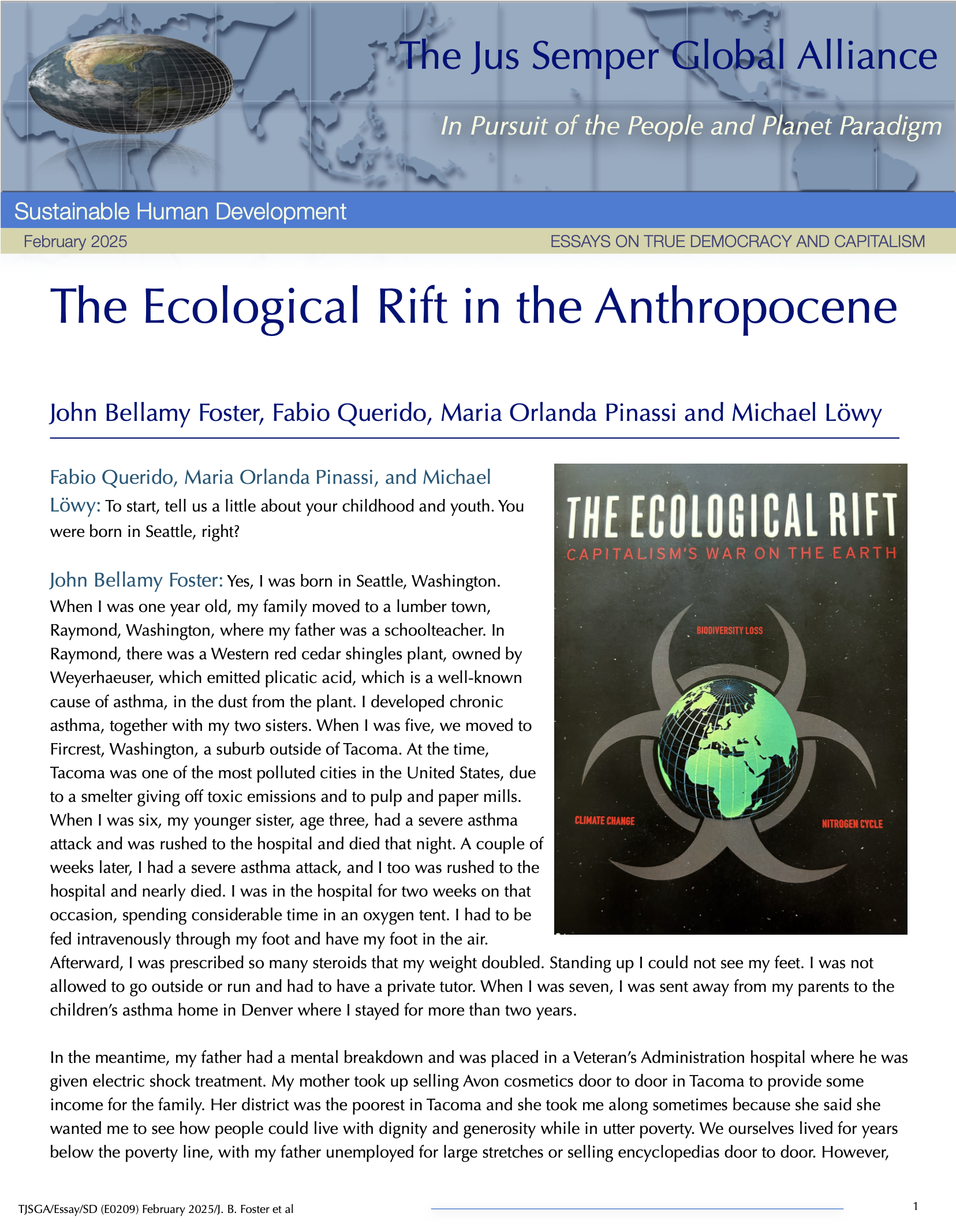
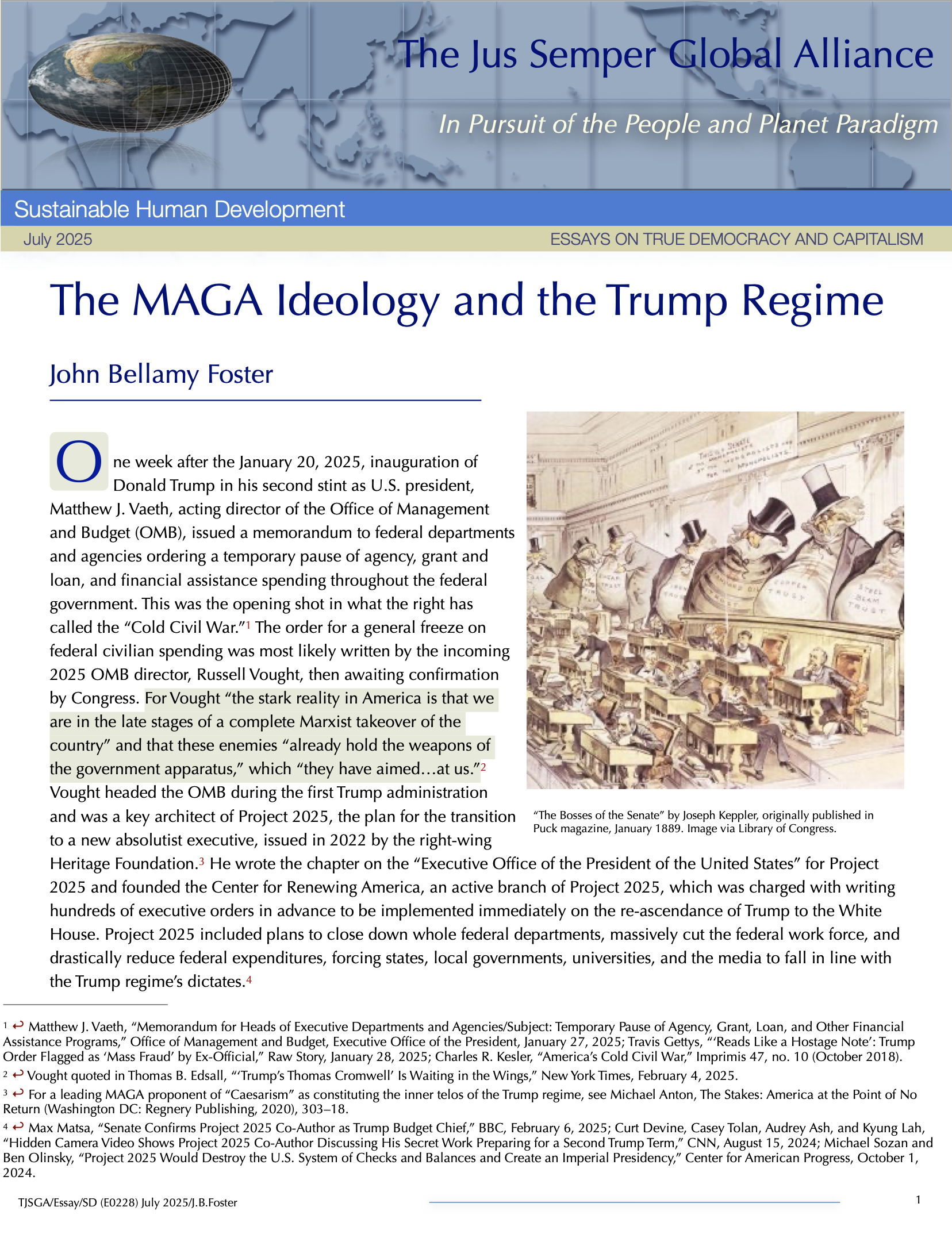
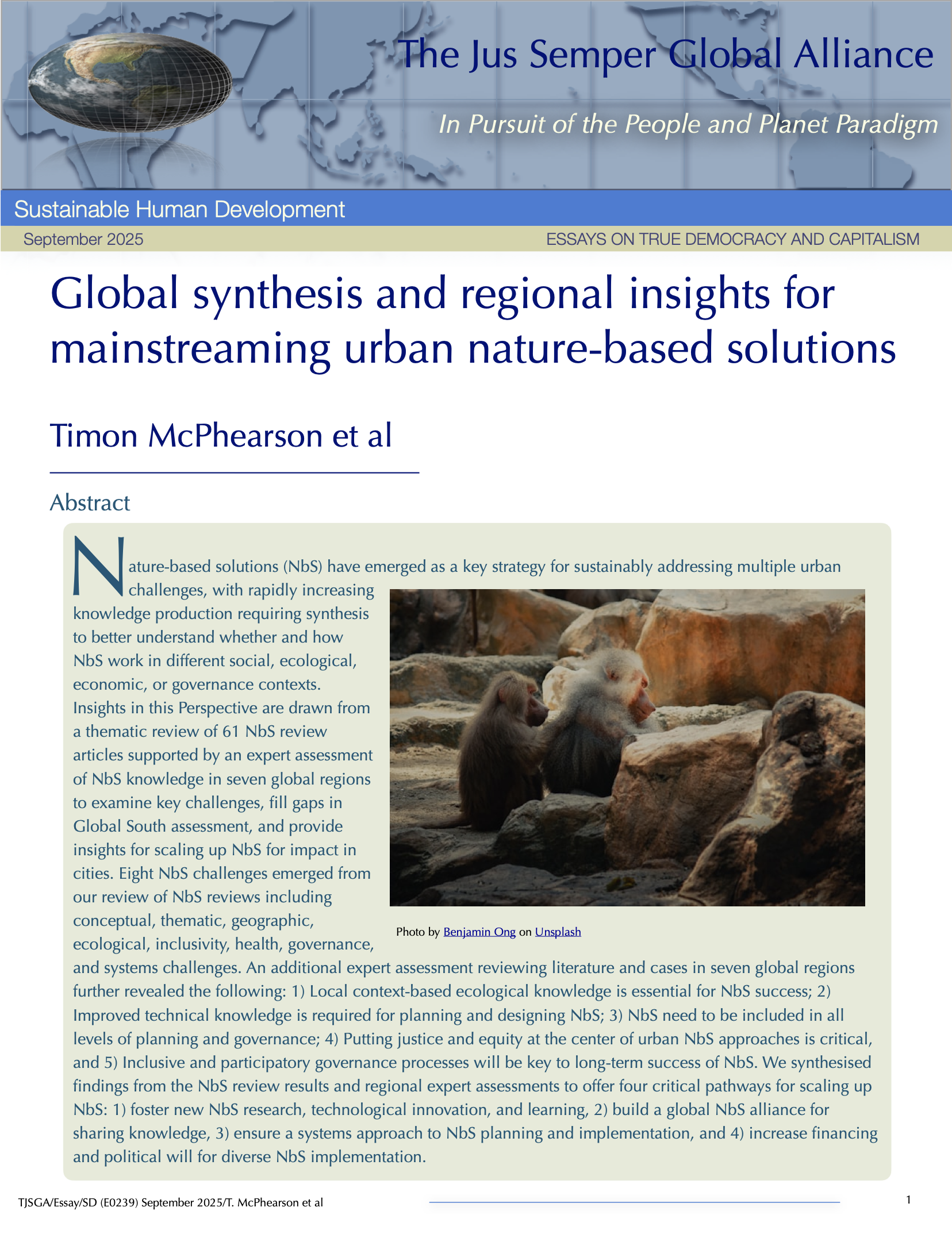
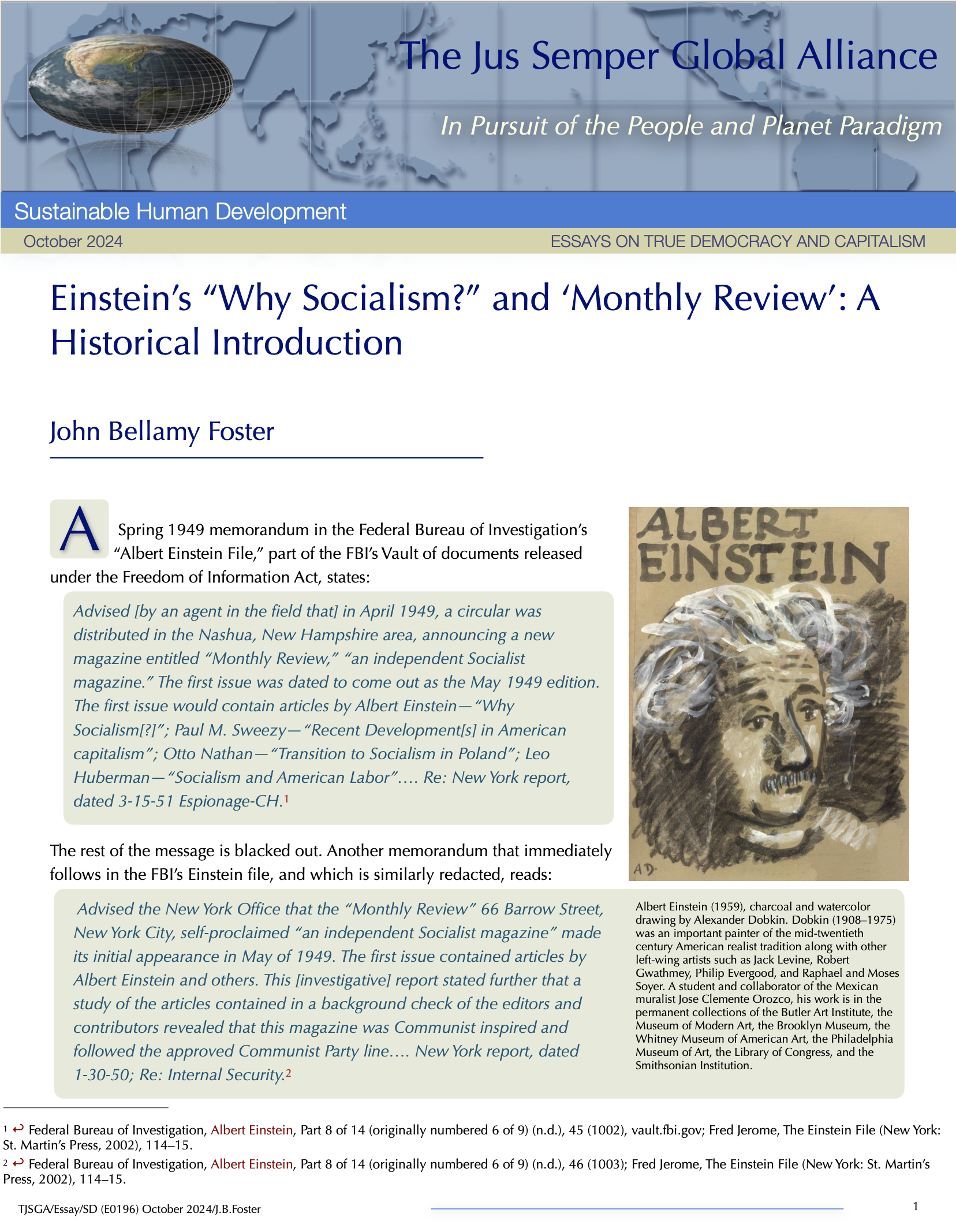
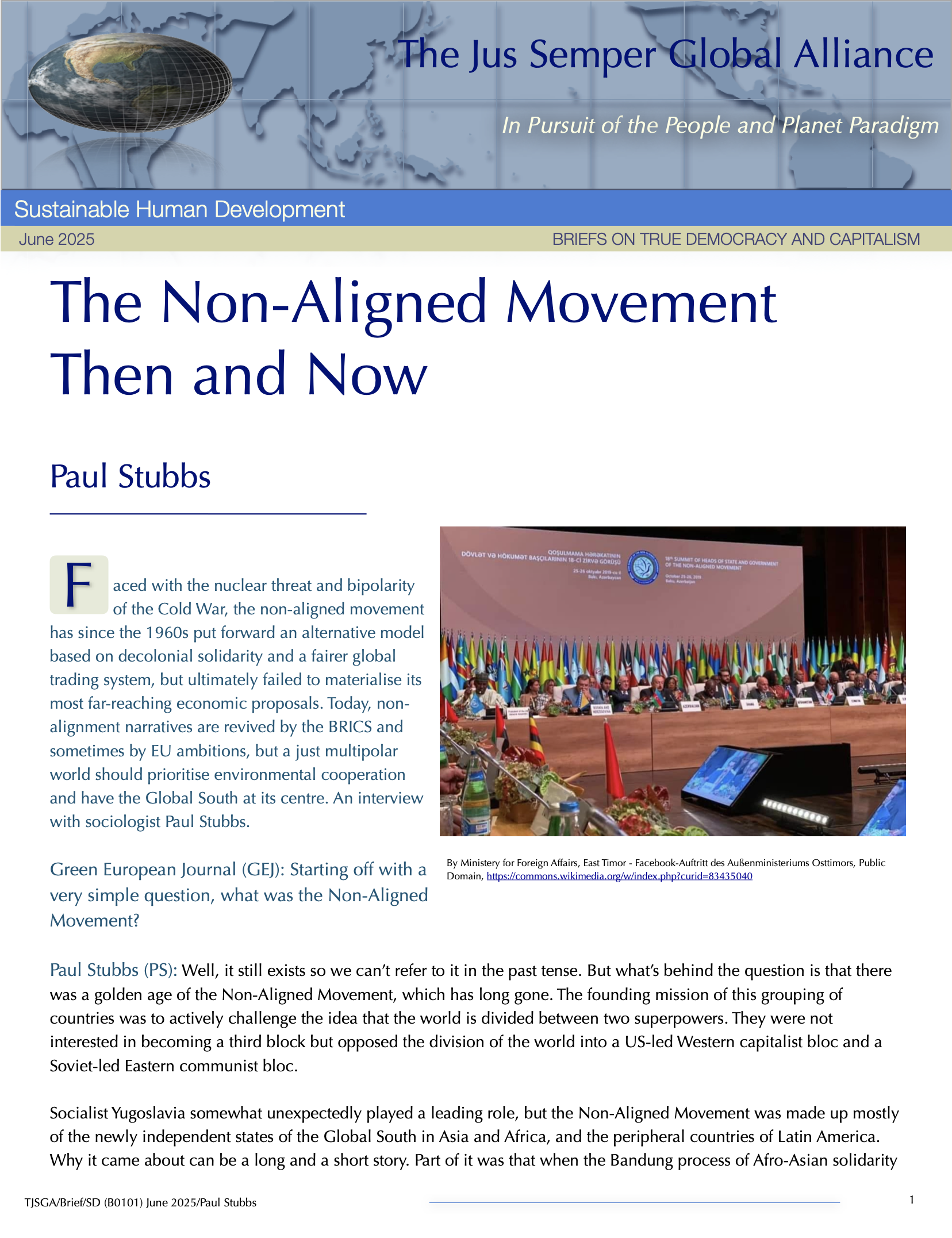

%2016.45.27.jpg)
